Table of contents
Indoor air quality is a crucial factor that directly influences the health and comfort of those living in a home. One effective way to enhance indoor air quality is by using whole house air filters. These filters work seamlessly within an HVAC system to remove dust, allergens, and other airborne contaminants from the air circulating throughout the home.
Understanding Whole House Air Filters
Whole house air filters are an integral component of a home's HVAC system. They are designed to purify the air as it circulates through the entire residence. Unlike standard filters that are limited to filtering air in specific areas, these filters are installed in the return air duct or in a centralized location, enabling them to clean the air for the entire home.
There are various types of whole house air filters, each offering distinct advantages. HEPA filters are known for their ability to trap extremely small particles, providing high levels of filtration beneficial for those with allergies. Electromechanical filters use a charged surface to capture particles, while pleated filters offer a greater surface area for enhanced filtration efficiency. Each type meets different needs, allowing homeowners to choose based on specific requirements.
The impact on indoor air quality is significant. Whole house air filters effectively reduce pollutants such as dust, pet dander, pollen, and other airborne contaminants. This improvement in air quality can lead to better respiratory health, decreased allergy symptoms, and an overall healthier living environment. By continuously filtering the entire home's air, these systems ensure a consistent standard of clean, breathable air throughout.
Benefits of Whole House Air Filters
Whole house air filters offer distinct advantages that standard filters simply cannot match. One major benefit is their ability to provide comprehensive filtration throughout the home. By operating within the central HVAC system, these filters ensure that all areas of the home are served with clean, filtered air.
These filters excel at reducing allergens, dust, and airborne contaminants, which is crucial for maintaining a healthy home environment. They capture a wide range of particles and pollutants that can trigger allergies, especially in individuals sensitive to airborne irritants. This level of filtration helps to minimize allergy symptoms and improve overall indoor air quality.
Additionally, whole house air filters contribute to the longevity and efficiency of HVAC systems. By keeping the system free from dust and debris, they enable the HVAC unit to operate more efficiently. This efficiency reduces strain on the system, leading to fewer repairs and longer lifespans for equipment. Whole house filters are not only a health benefit but also an investment in the maintenance and performance of heating and cooling systems.
Choosing the Right Whole House Air Filter
Selecting the right whole house air filter involves assessing several key factors. First, consider the specific needs of your household. For homes with allergy sufferers, a high-efficiency particulate air (HEPA) filter might be the best choice due to its superior ability to capture fine particles. If cost is a concern, pleated filters offer a balanced solution with decent filtration capabilities at a more affordable price.
Understanding the MERV (Minimum Efficiency Reporting Value) rating is crucial when choosing a filter. MERV ratings indicate a filter's ability to capture particles of varying sizes. A higher MERV rating means better filtration, but it's important to ensure compatibility with your HVAC system. Filters with very high MERV ratings can restrict airflow if the system isn't designed to handle them.
When selecting a filter, it's also important to balance performance with cost. While expensive filters typically offer better filtration, they may require more frequent replacements. Consulting with a professional can help determine the optimal filter that meets both your air quality needs and budgetary constraints.
Maintenance and Replacement Considerations
Proper maintenance and timely replacement of whole house air filters are essential for efficient performance. Regularly checking the filter for debris buildup is important to ensure it continues functioning effectively. A monthly inspection provides a good baseline, but more frequent checks might be necessary for homes with pets or in areas with high levels of dust.
Signs that indicate a filter change is needed include visible dirt accumulation, reduced air flow, or an increase in allergy symptoms among household members. Neglecting these signs can lead to poor indoor air quality and increased strain on the HVAC system.
Professional maintenance checks are recommended to preserve system efficiency and ensure optimal filter performance. Our technicians can provide a comprehensive inspection and advise on replacement timelines, ensuring that the system operates smoothly while delivering clean air to your home.
Conclusion
Whole house air filters play a vital role in maintaining indoor air quality and supporting the performance of HVAC systems. By choosing the right filter type and maintaining it properly, homeowners can enjoy healthier air, reduced allergies, and an efficient heating and cooling system. These filters offer an effective solution to improve home environments, making them an important consideration for anyone looking to enhance their living space.
Ensuring your whole house air filter in Birmingham, AL, is the right fit and is well-maintained helps keep your home environment clean and comfortable. Air Experts is here to assist with expert advice and services tailored to your needs, ensuring you get the most out of your HVAC system. Contact us today for professional guidance and support in choosing and maintaining the perfect air filter solution.
.svg)
.svg)

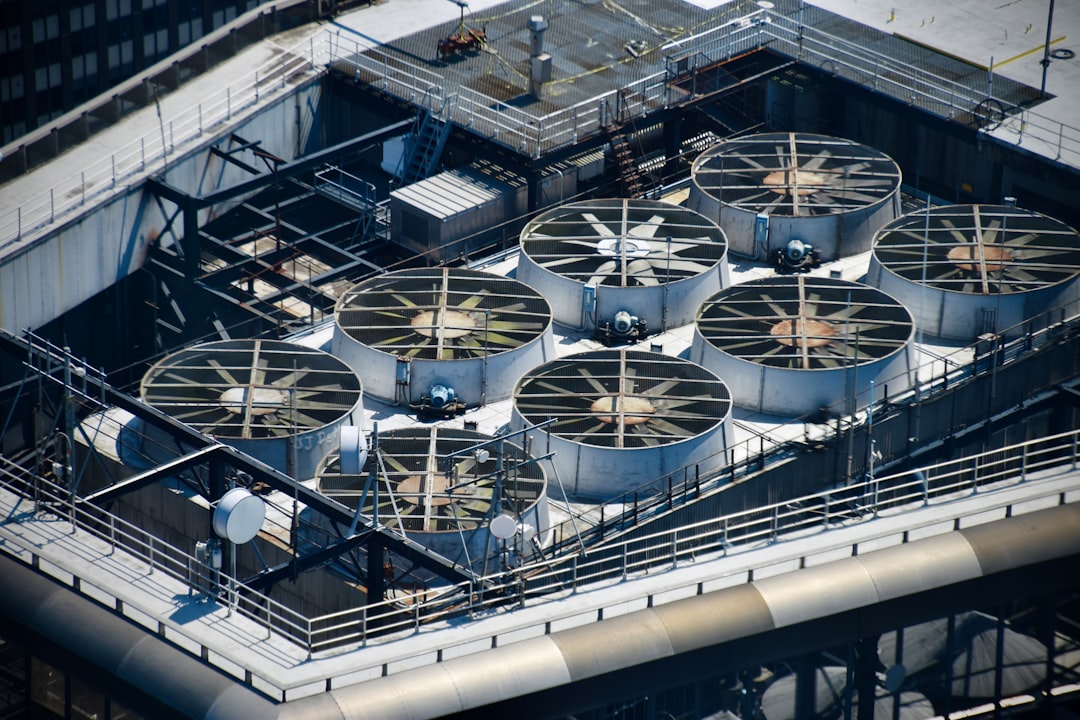


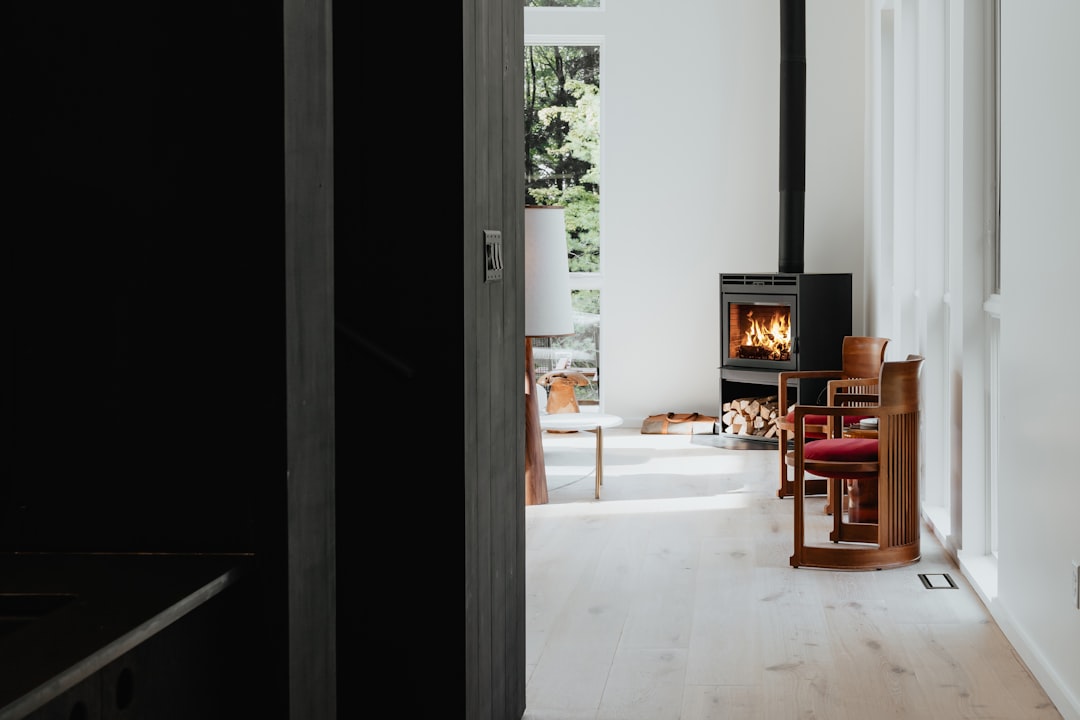
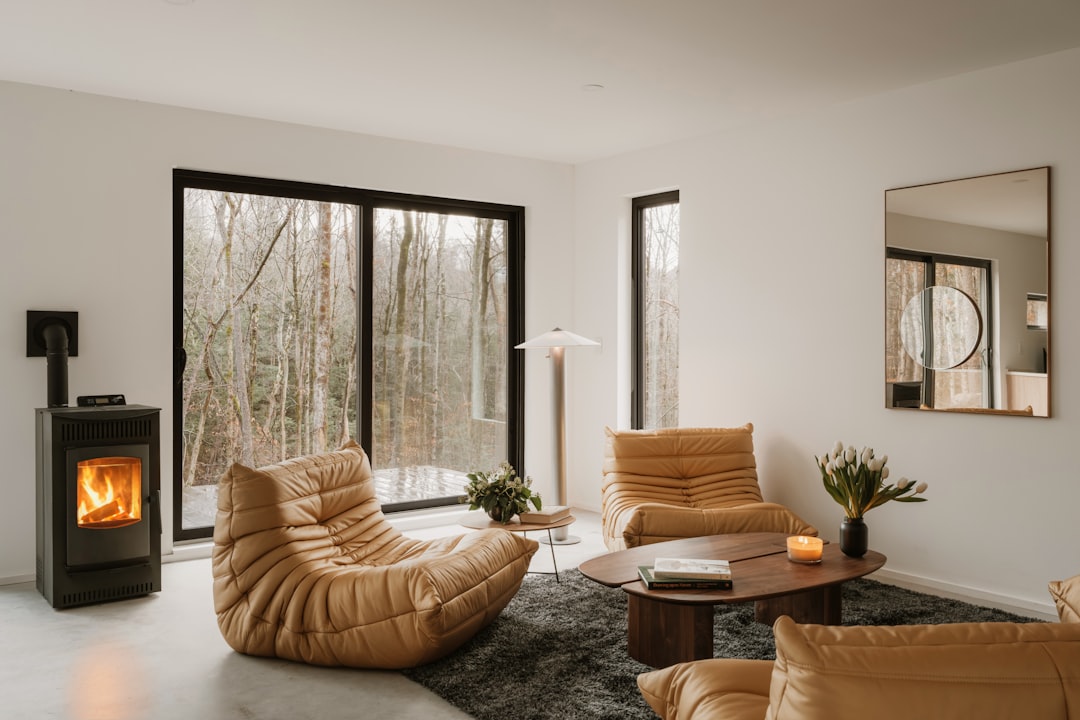
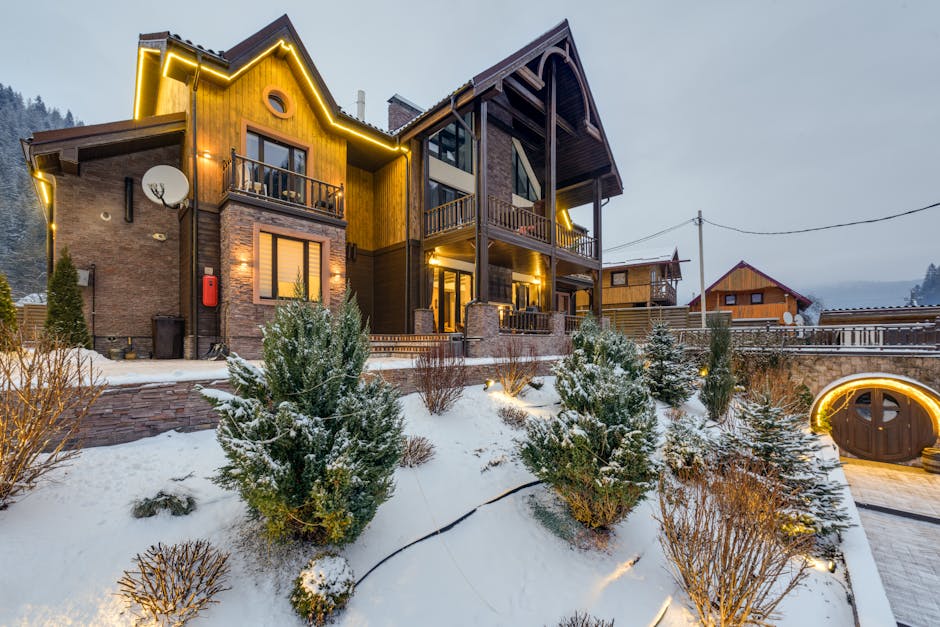

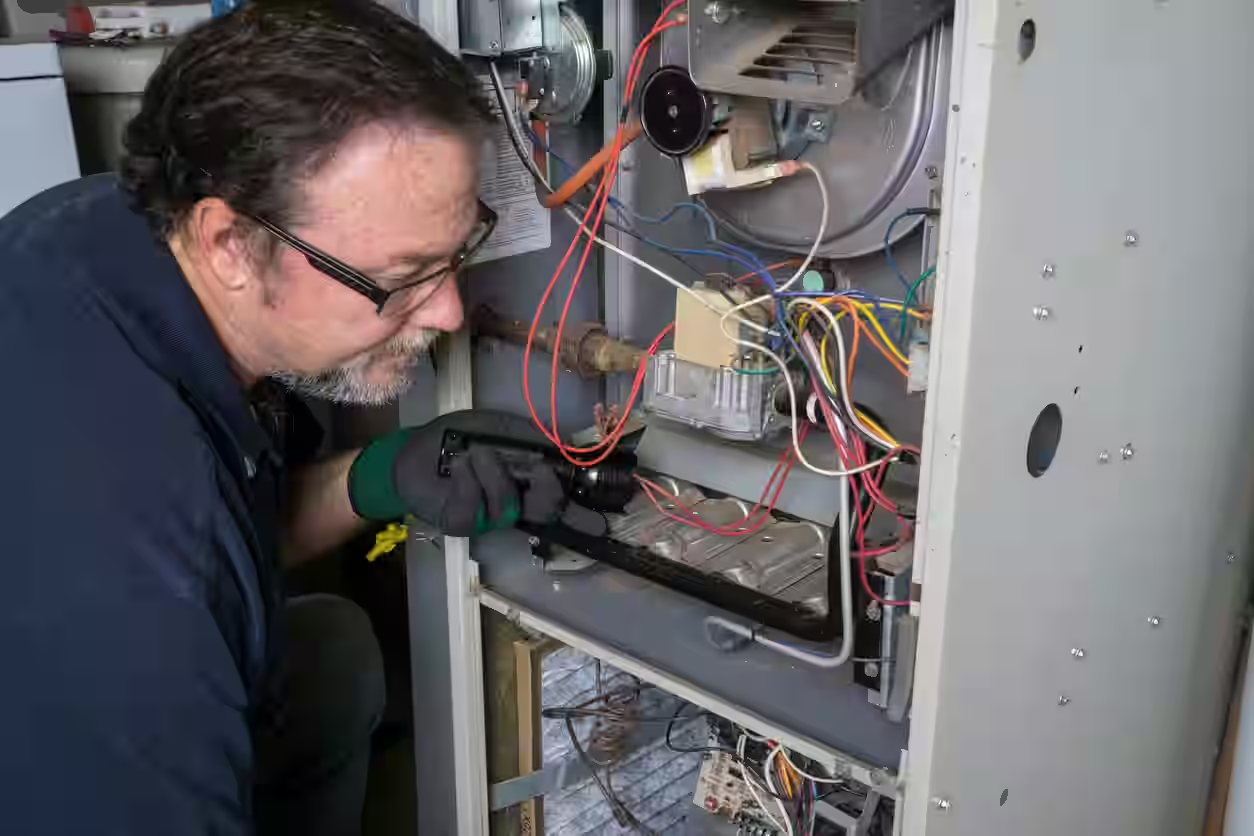
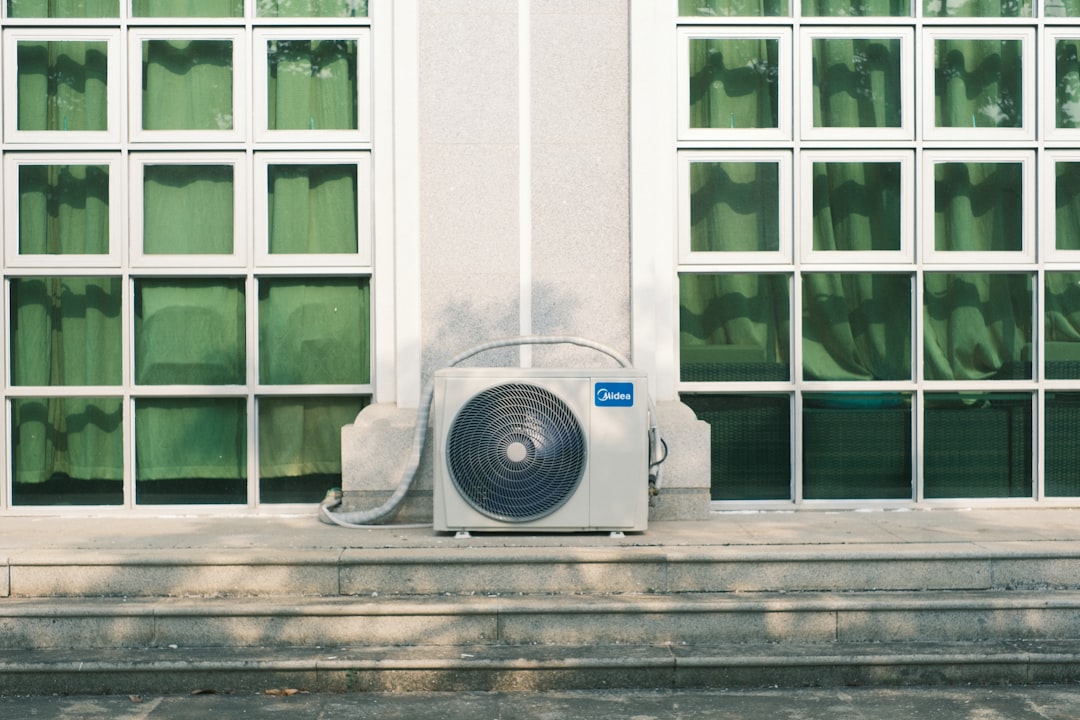

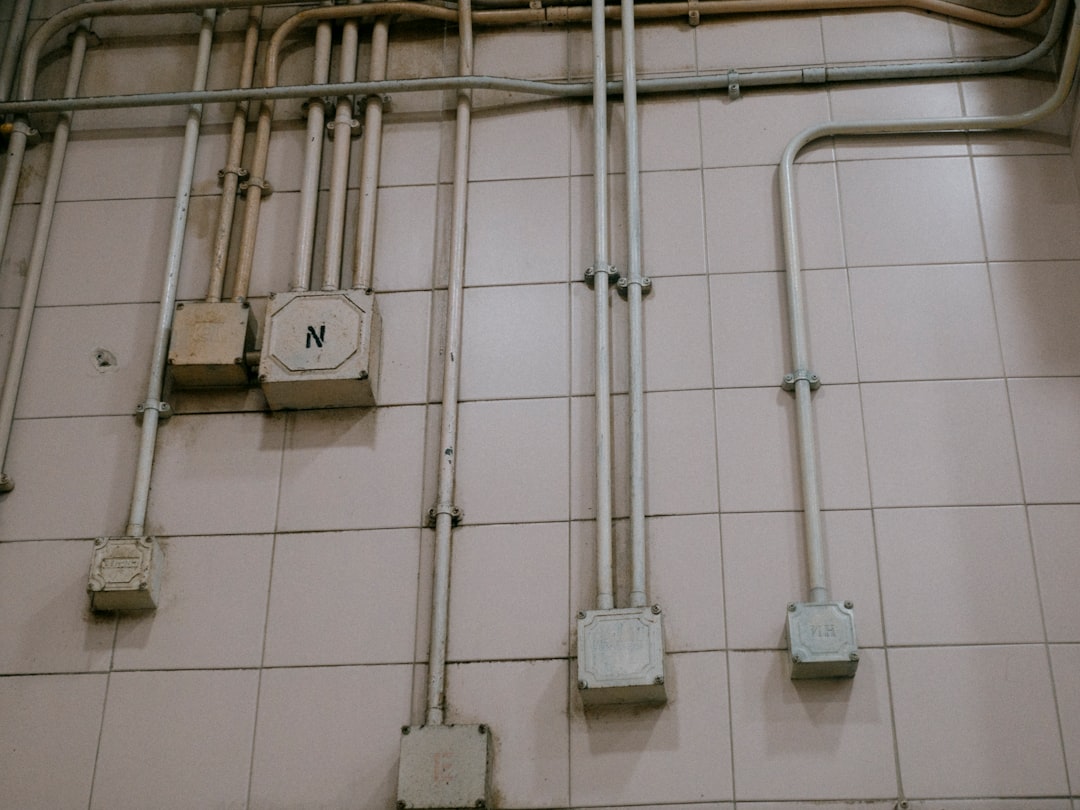


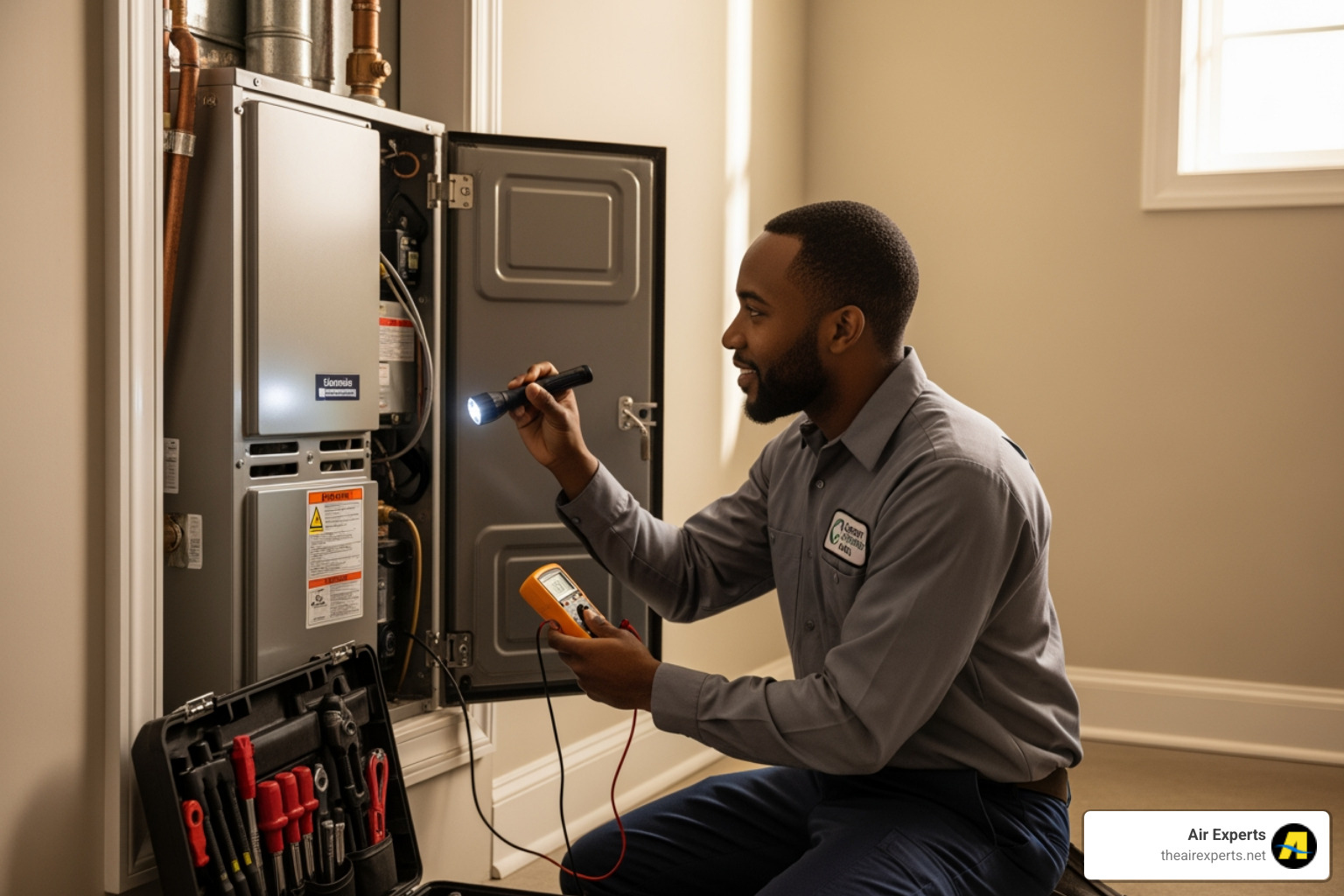
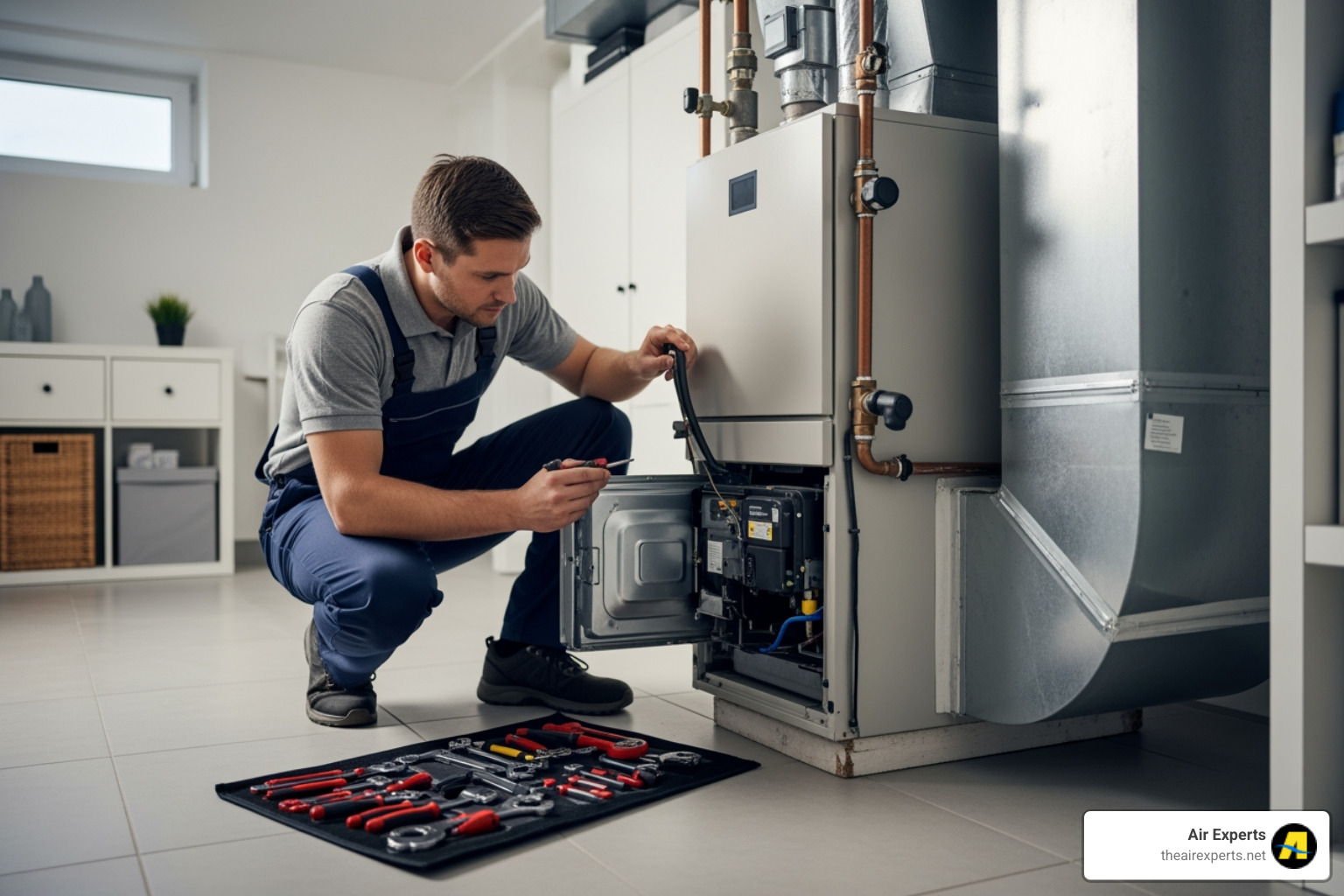
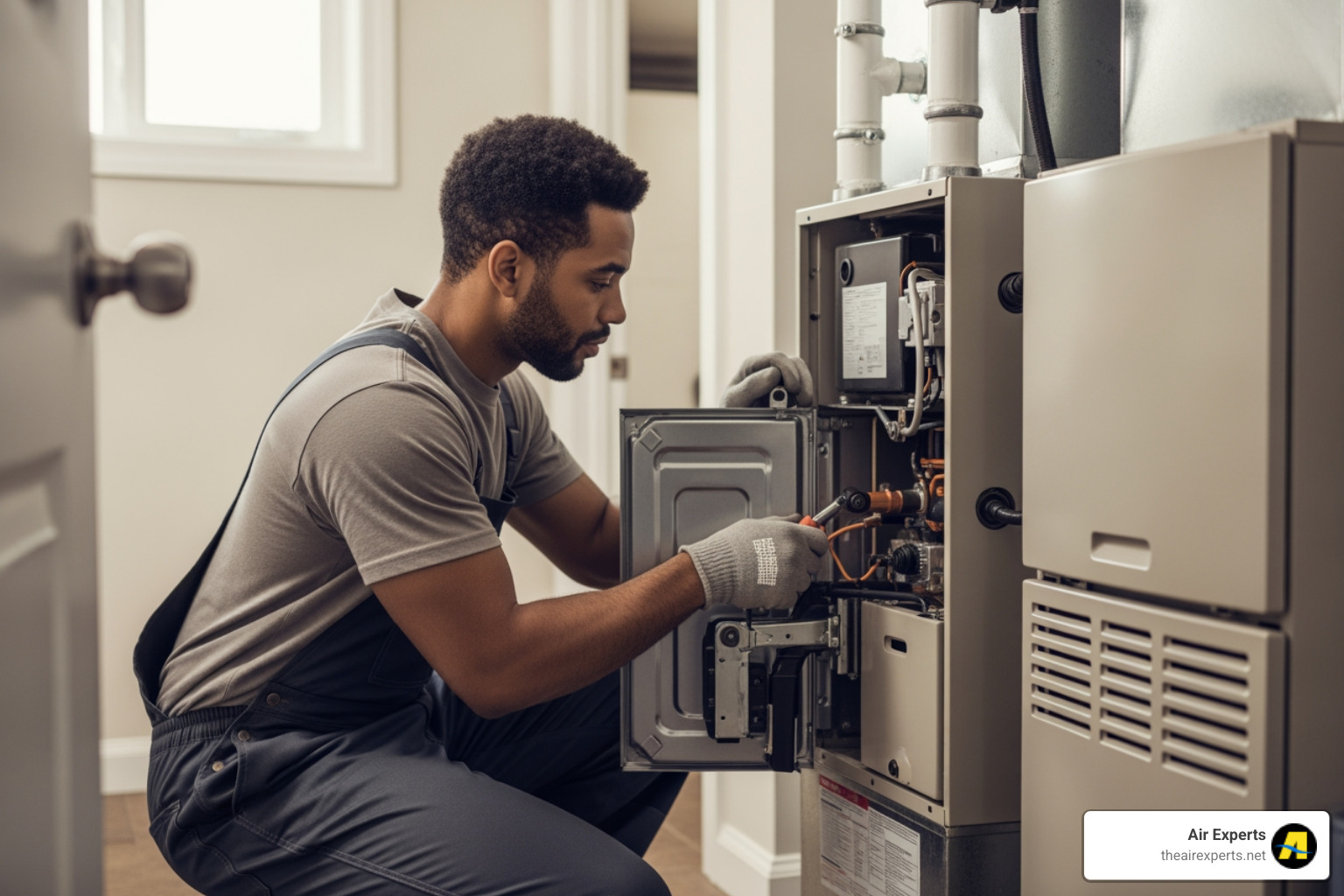


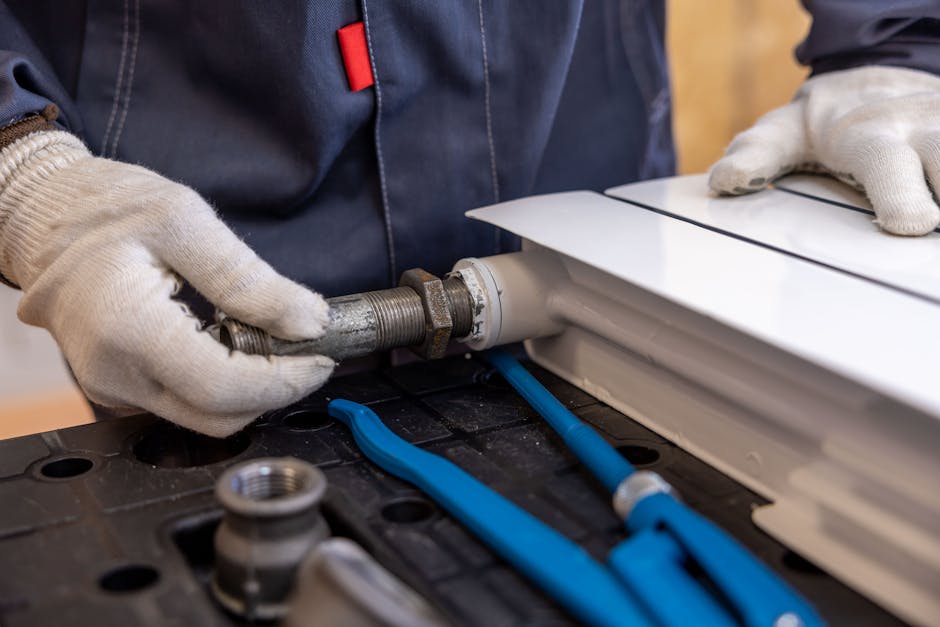


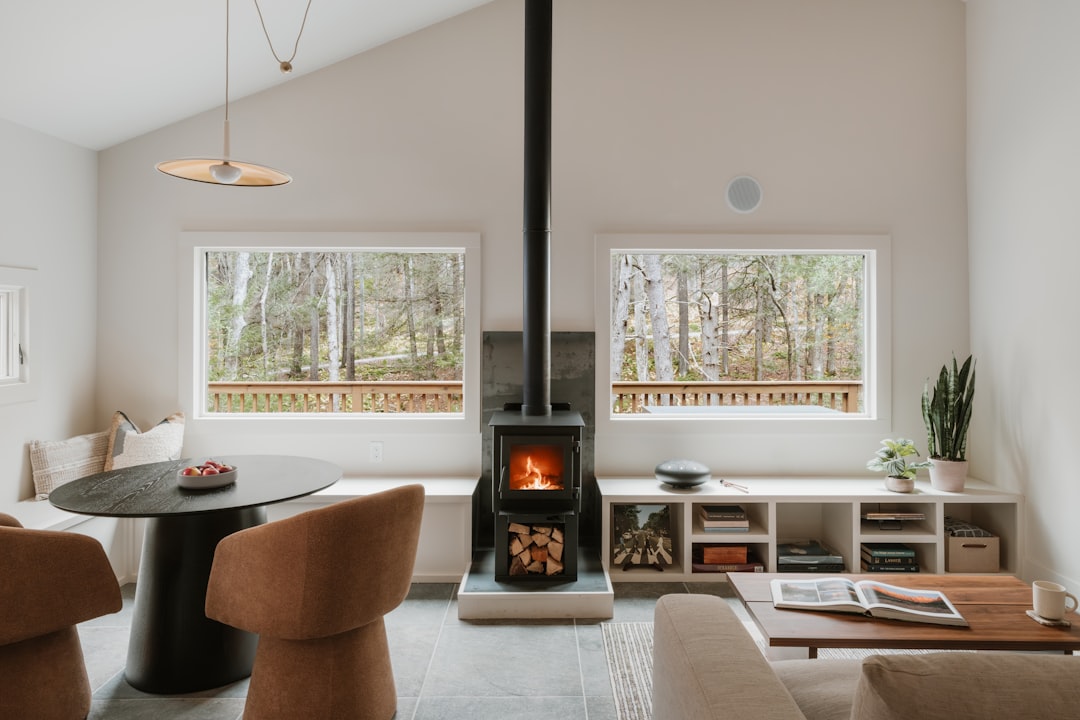


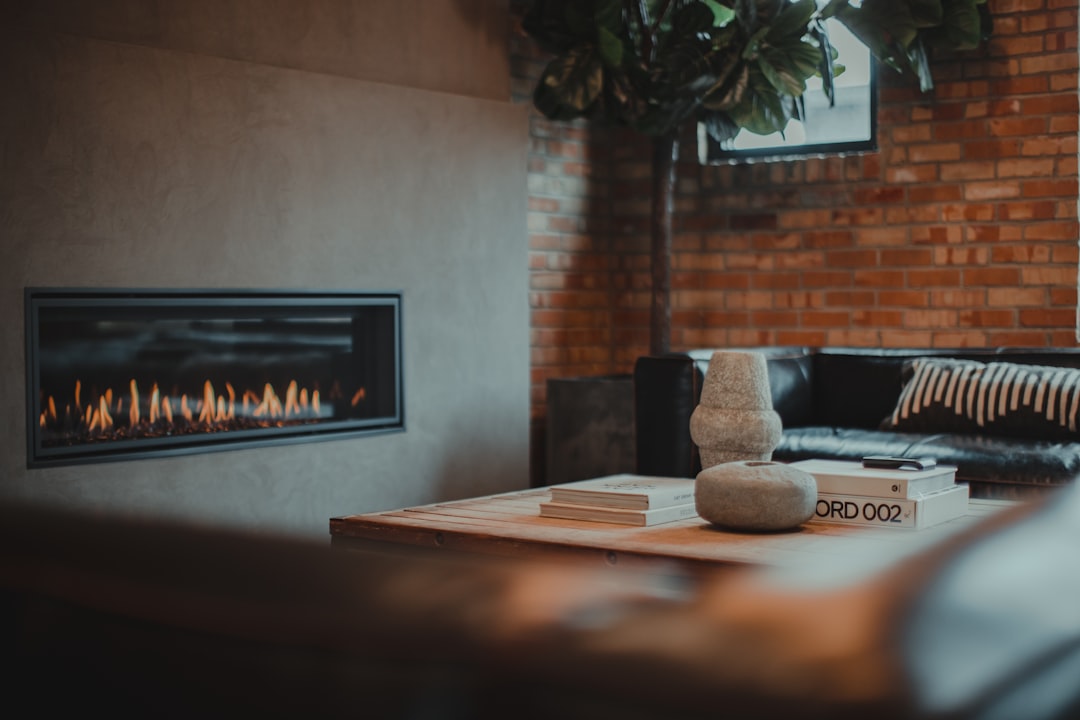
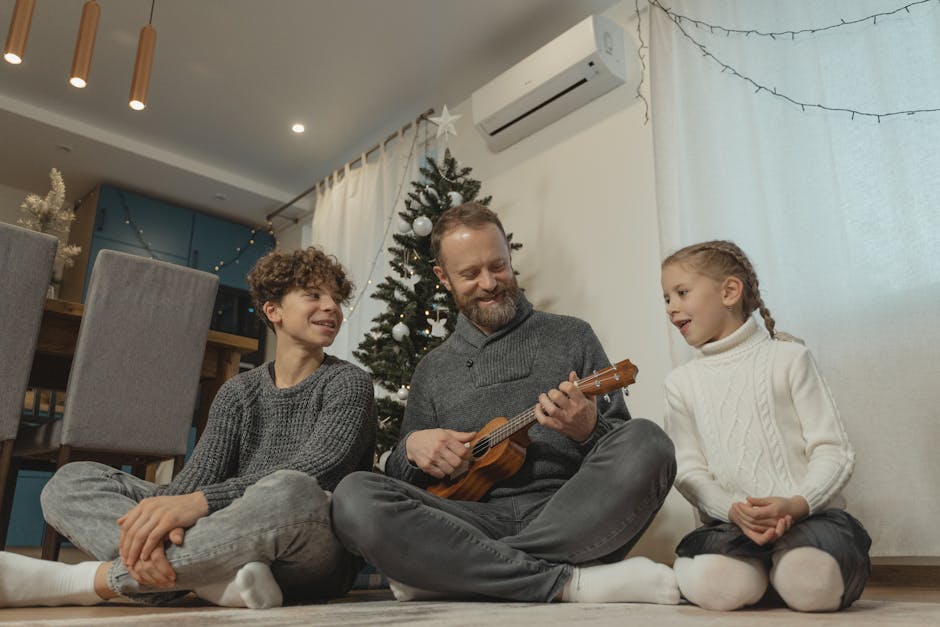
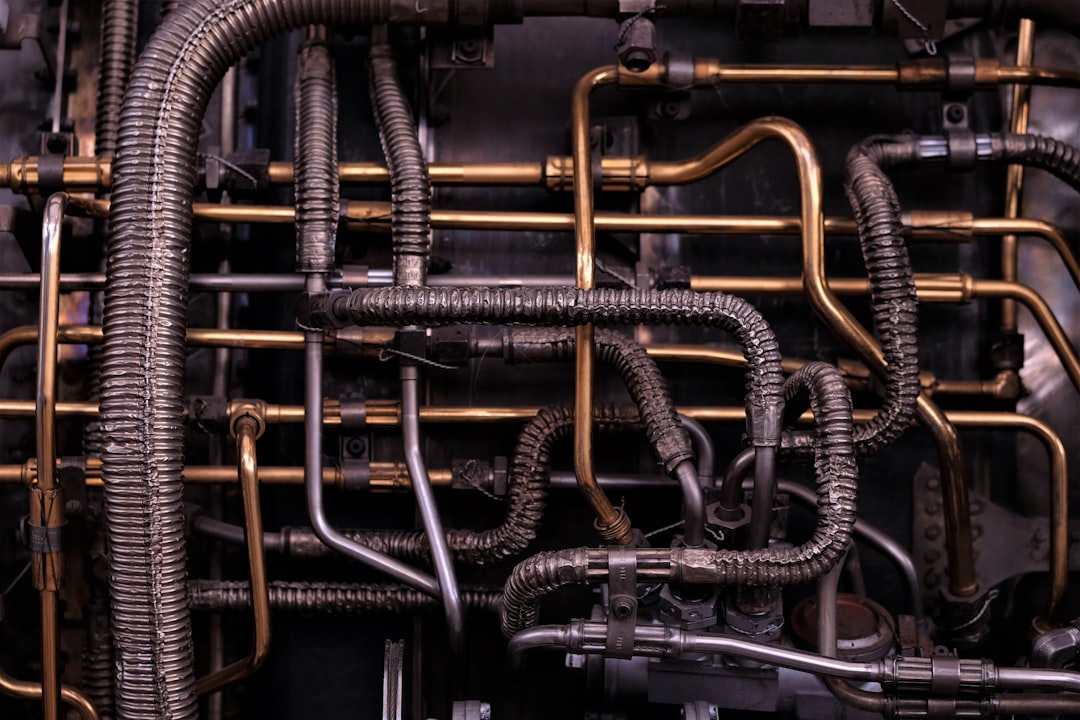
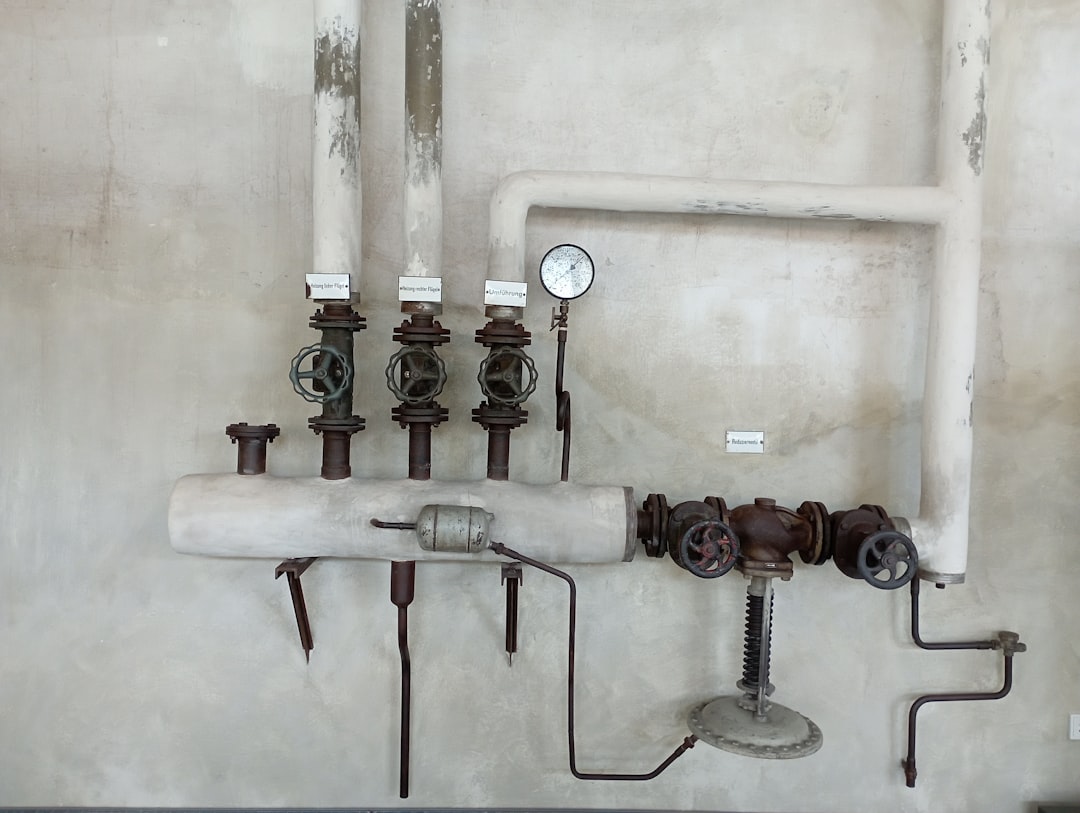
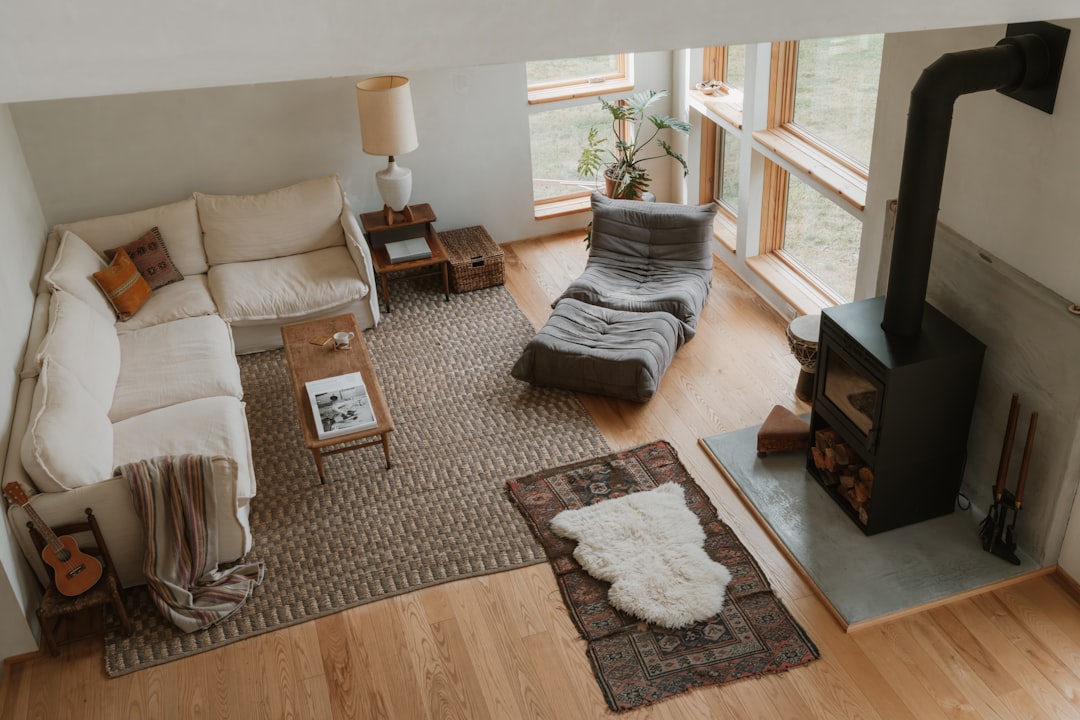
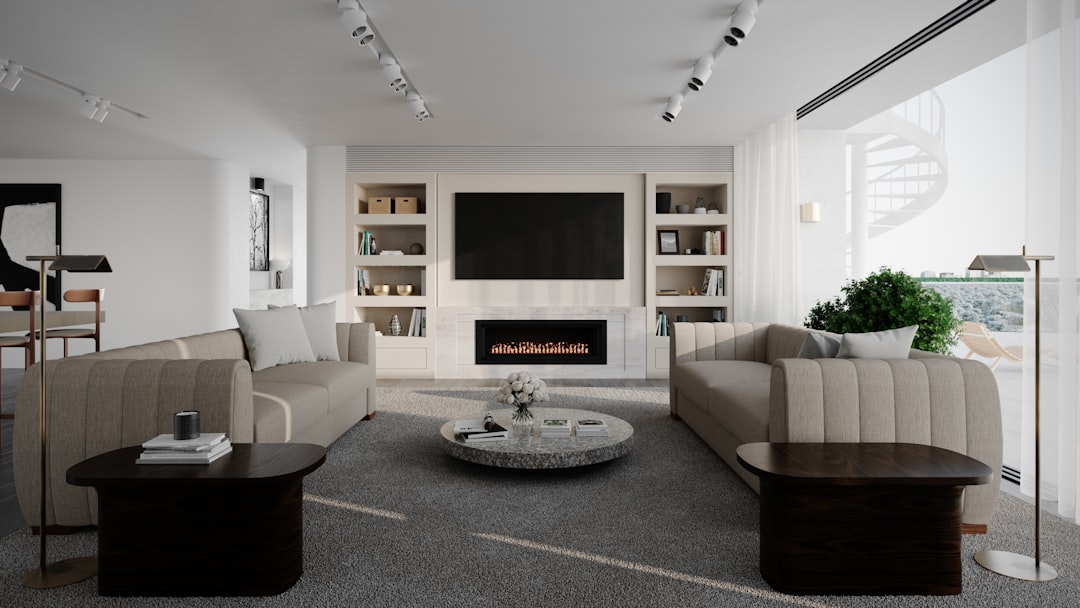





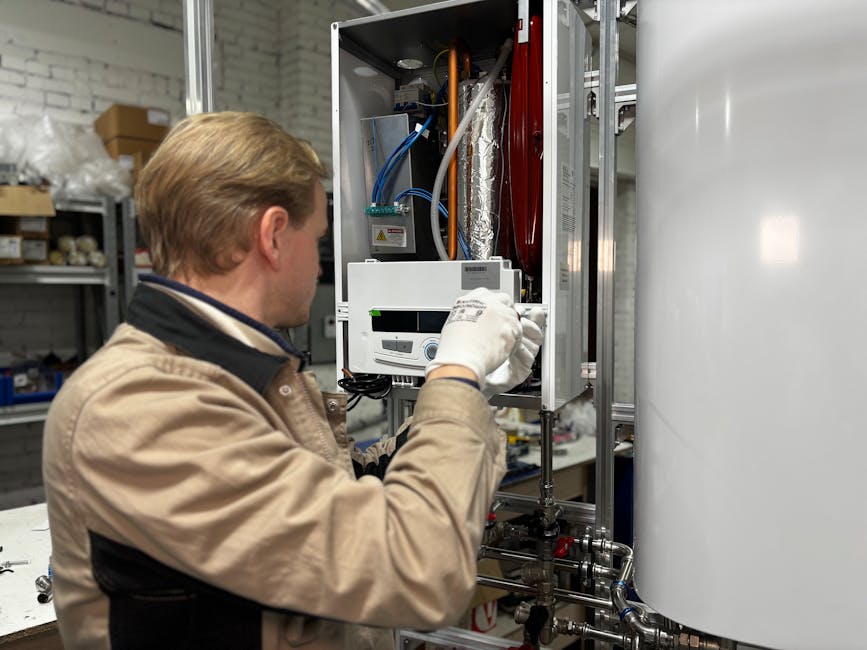
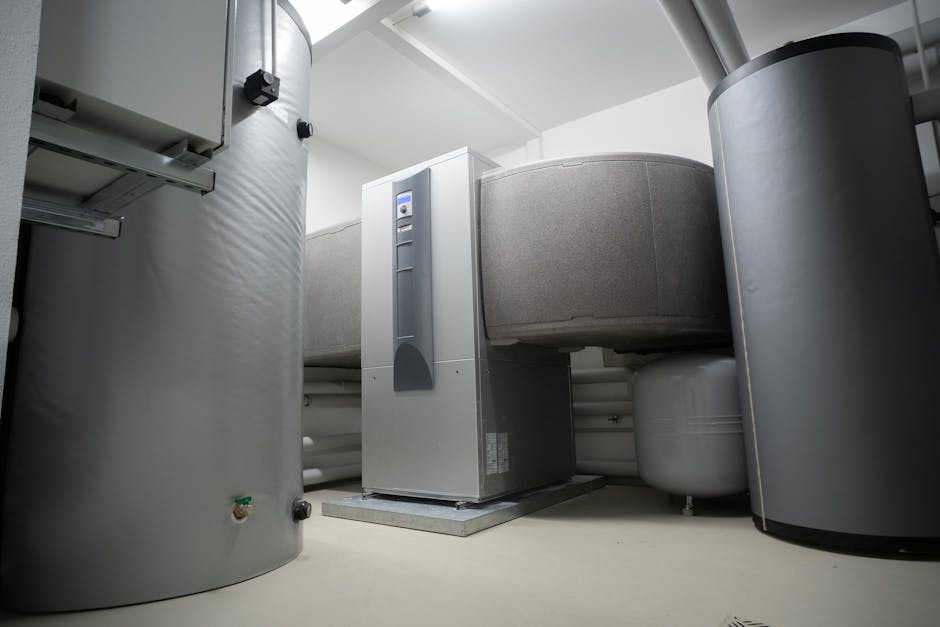
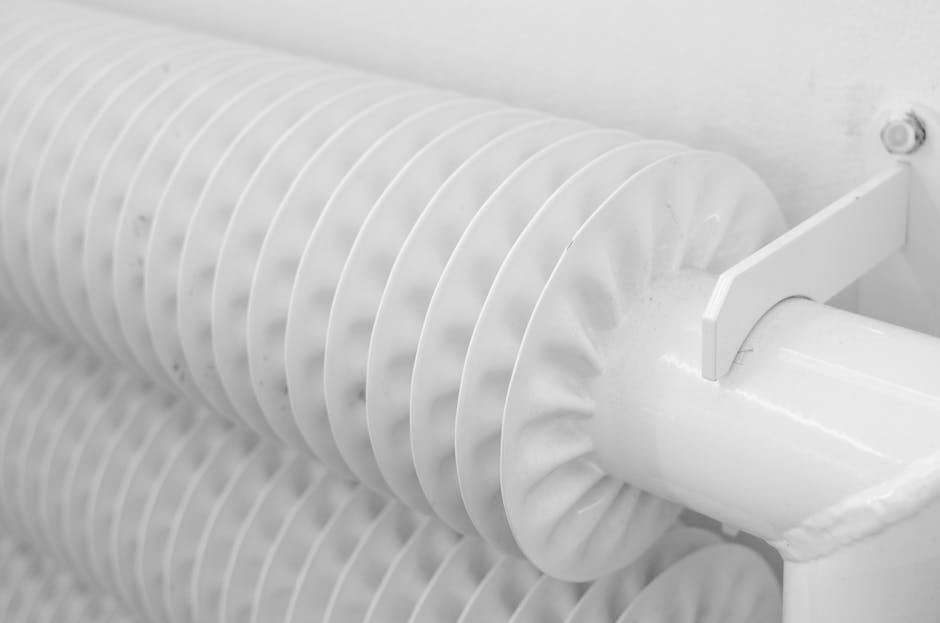
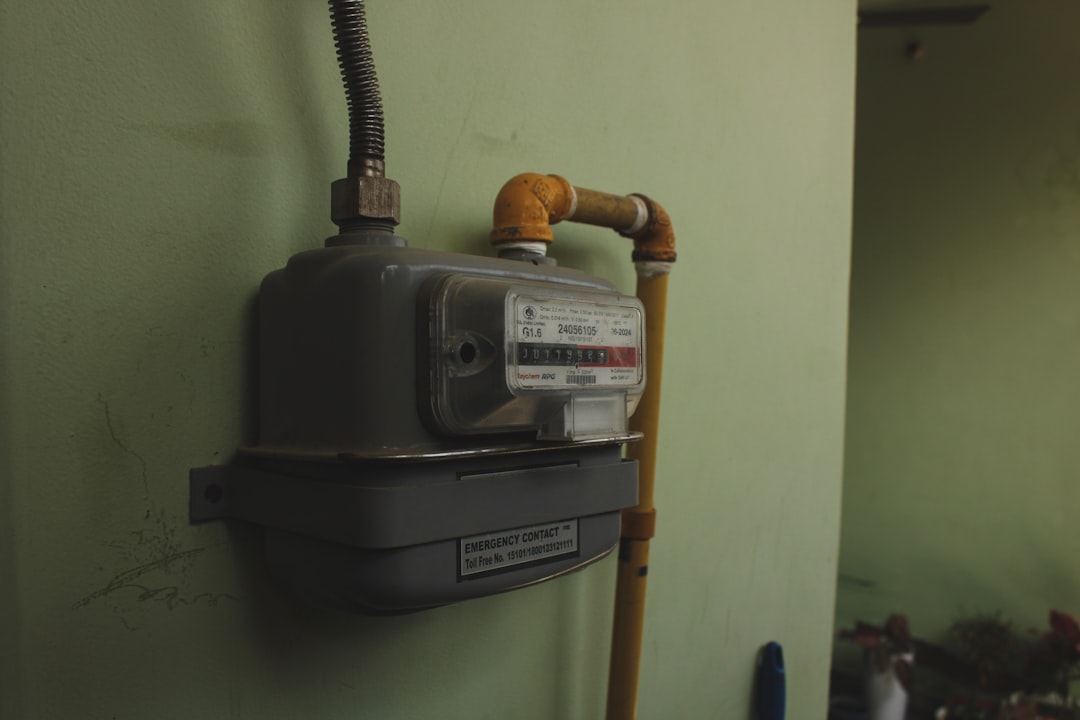
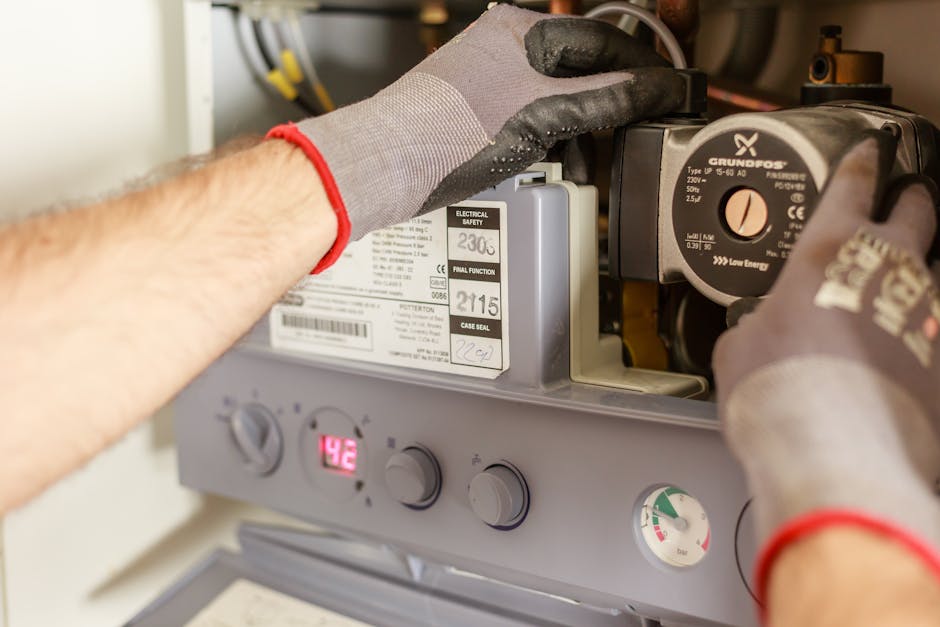
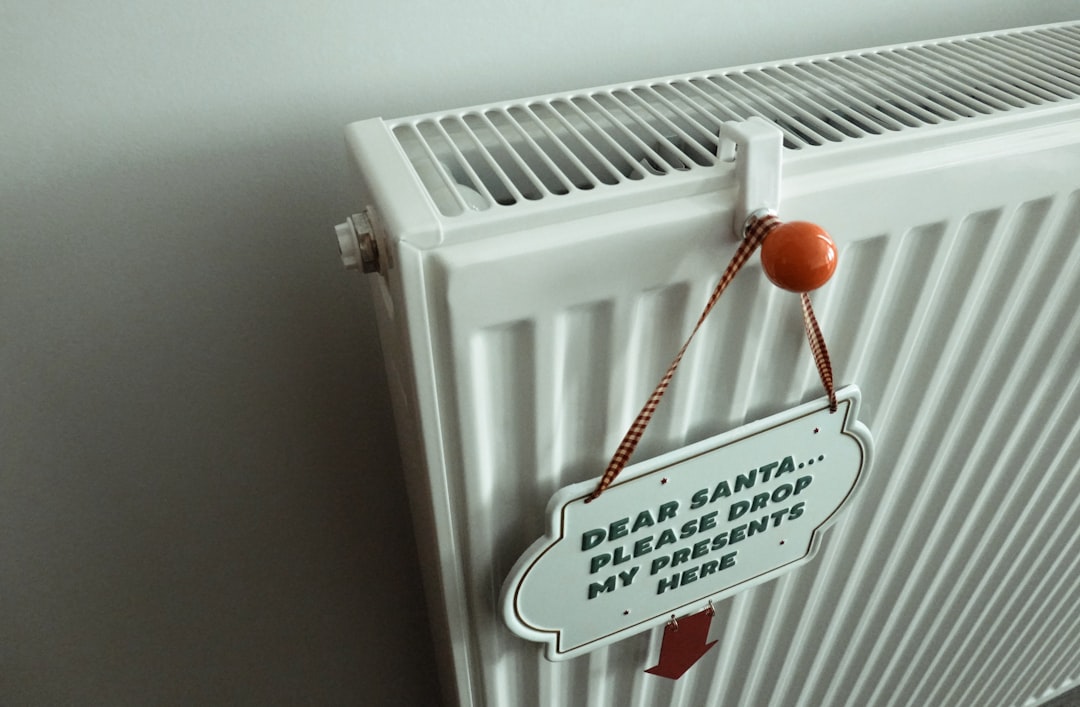
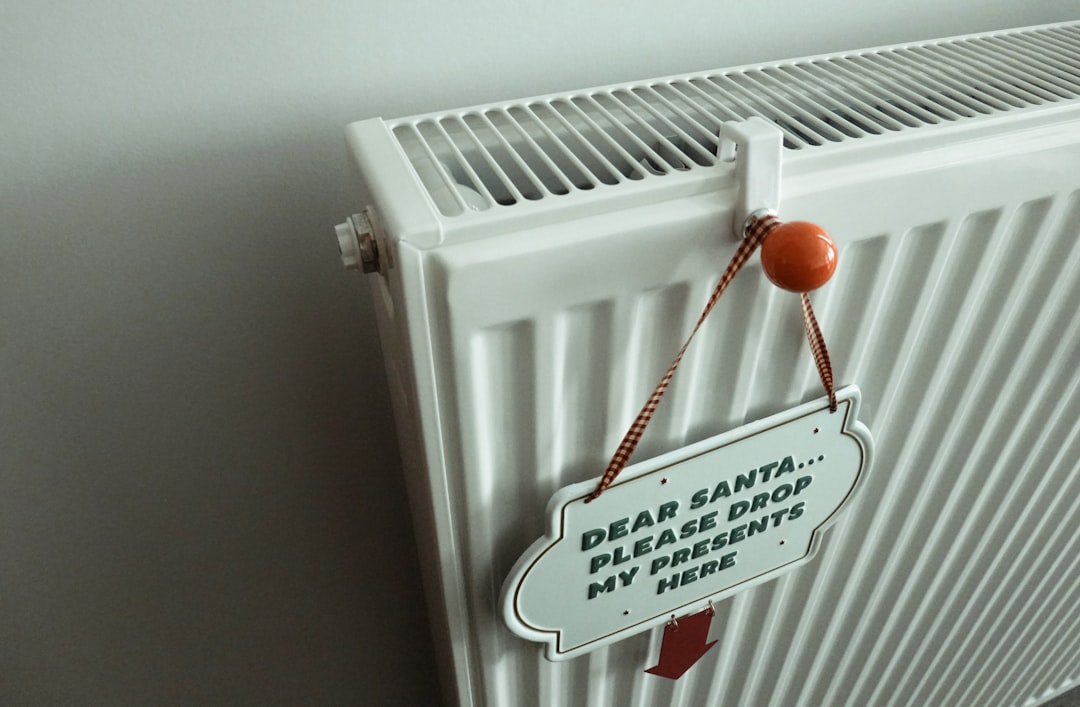
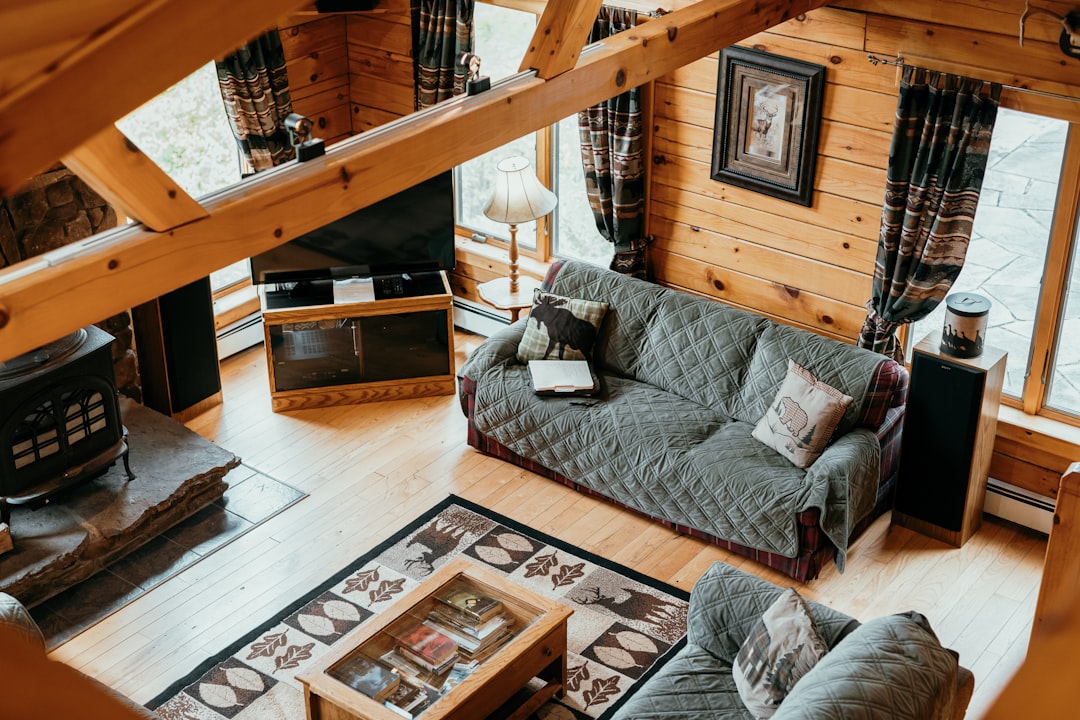

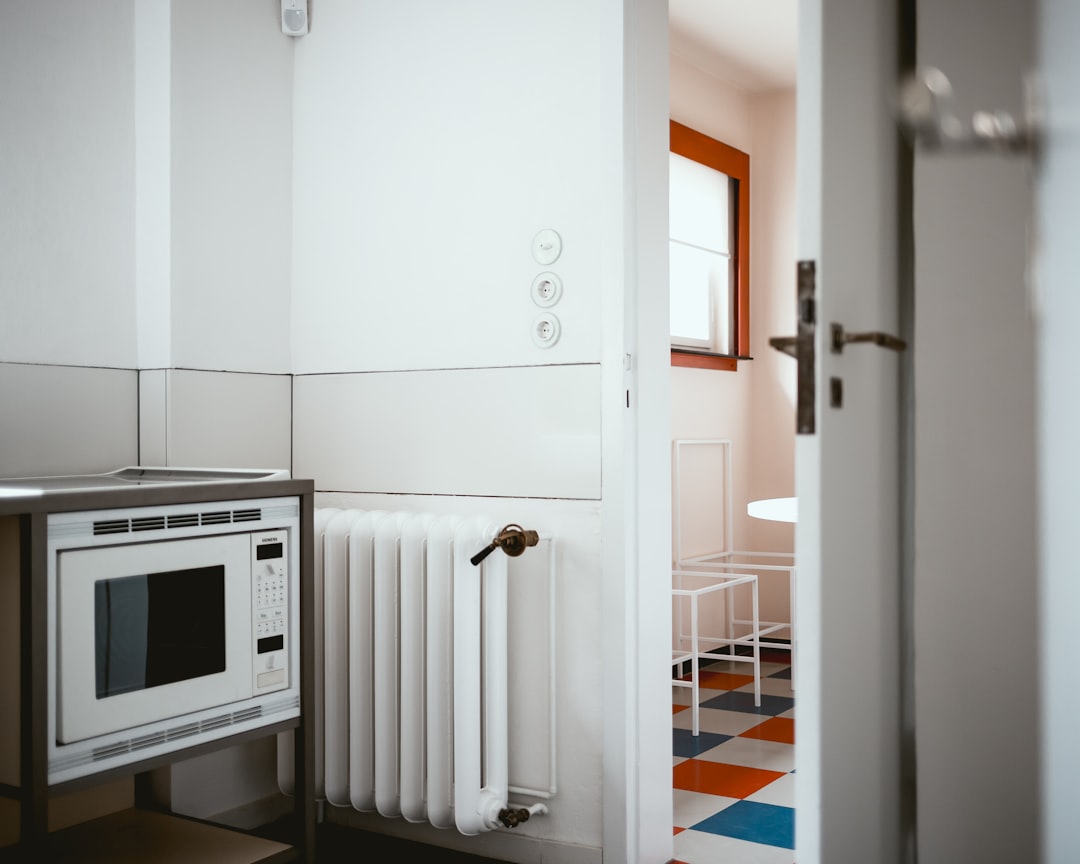
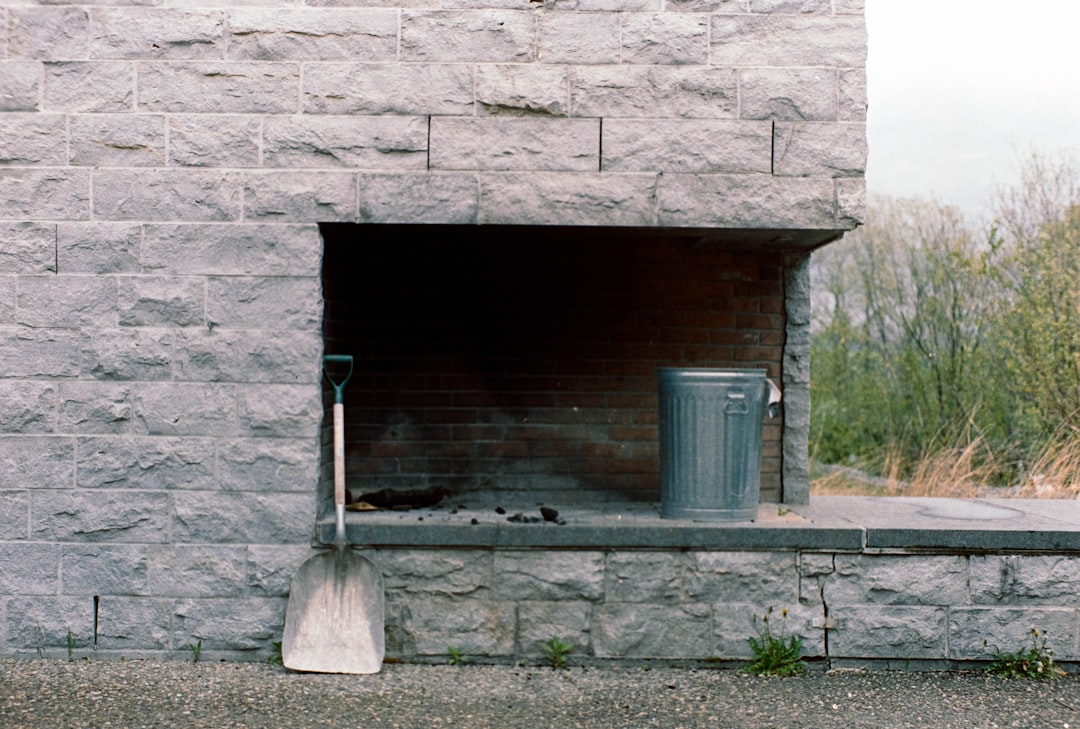


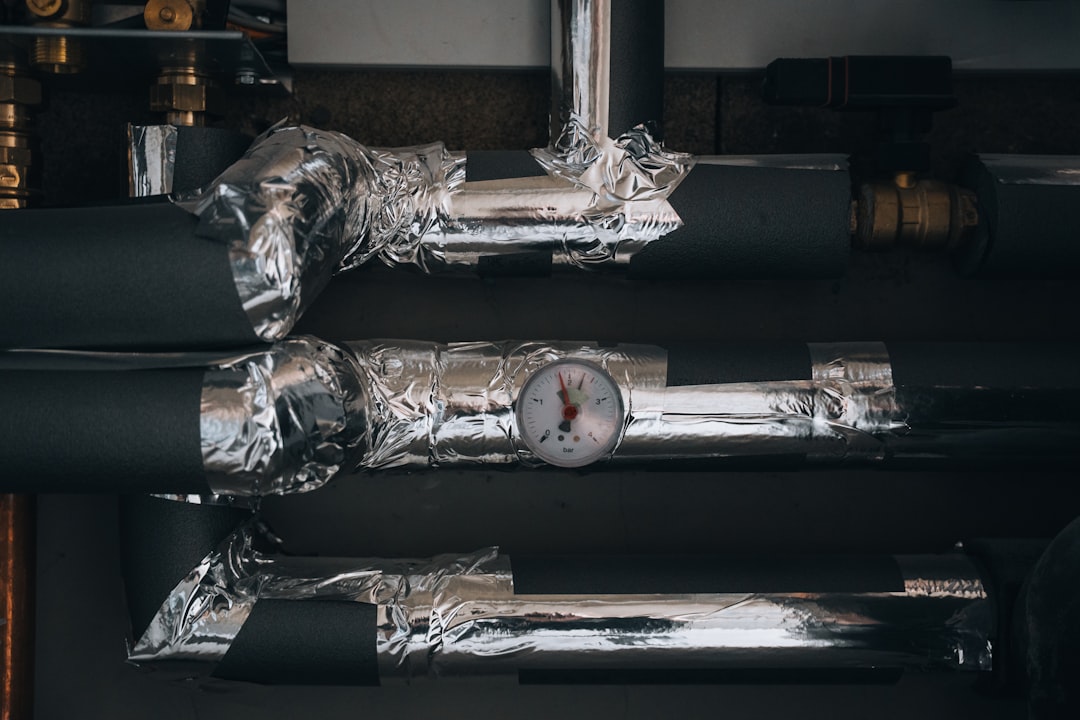
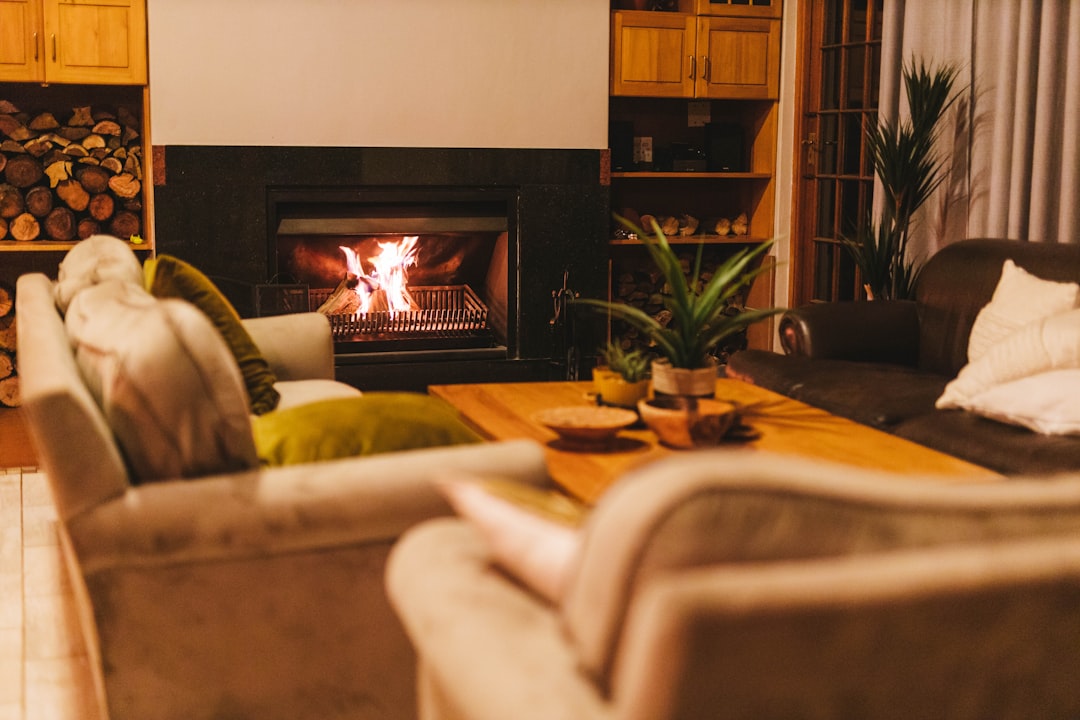
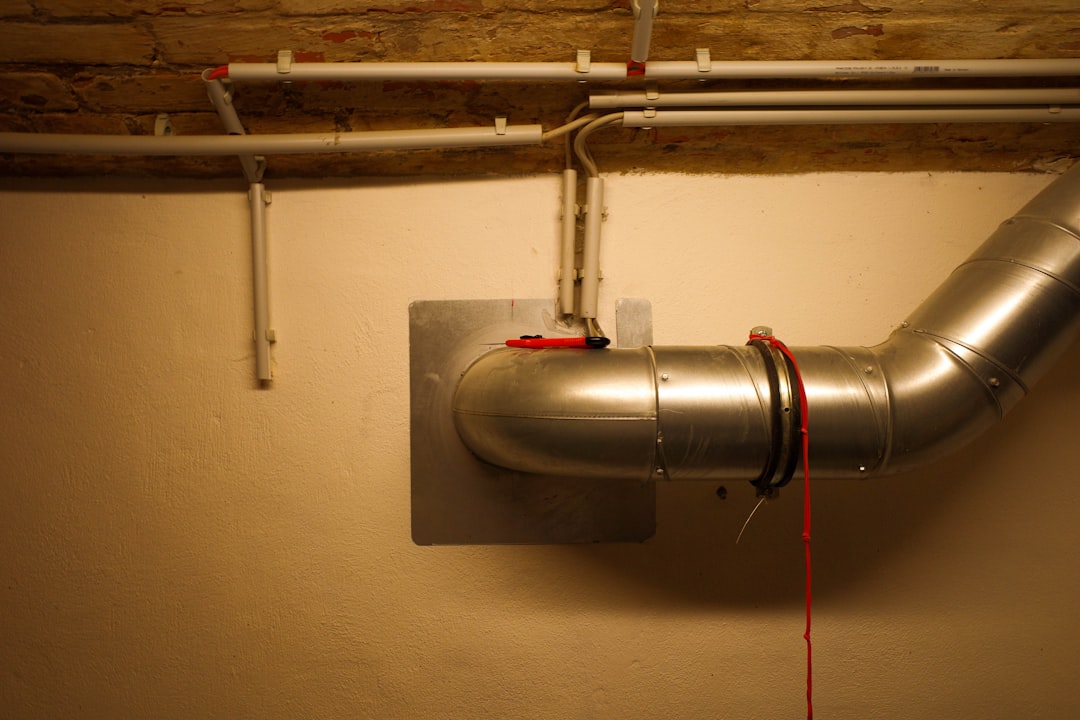



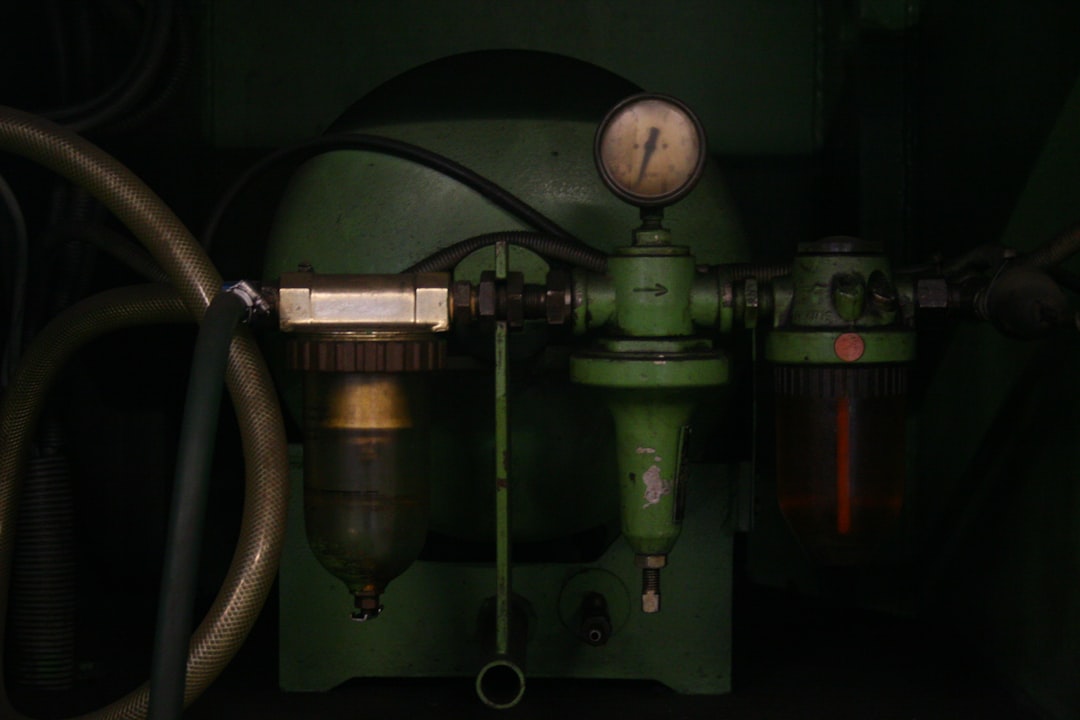
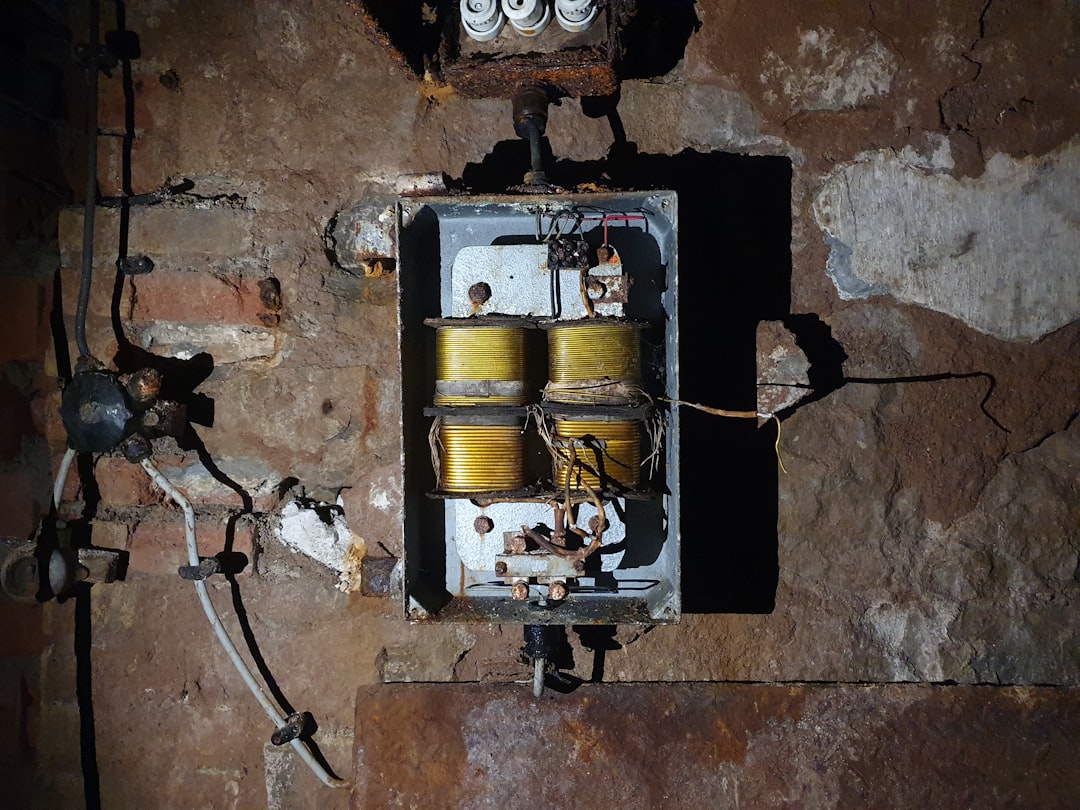
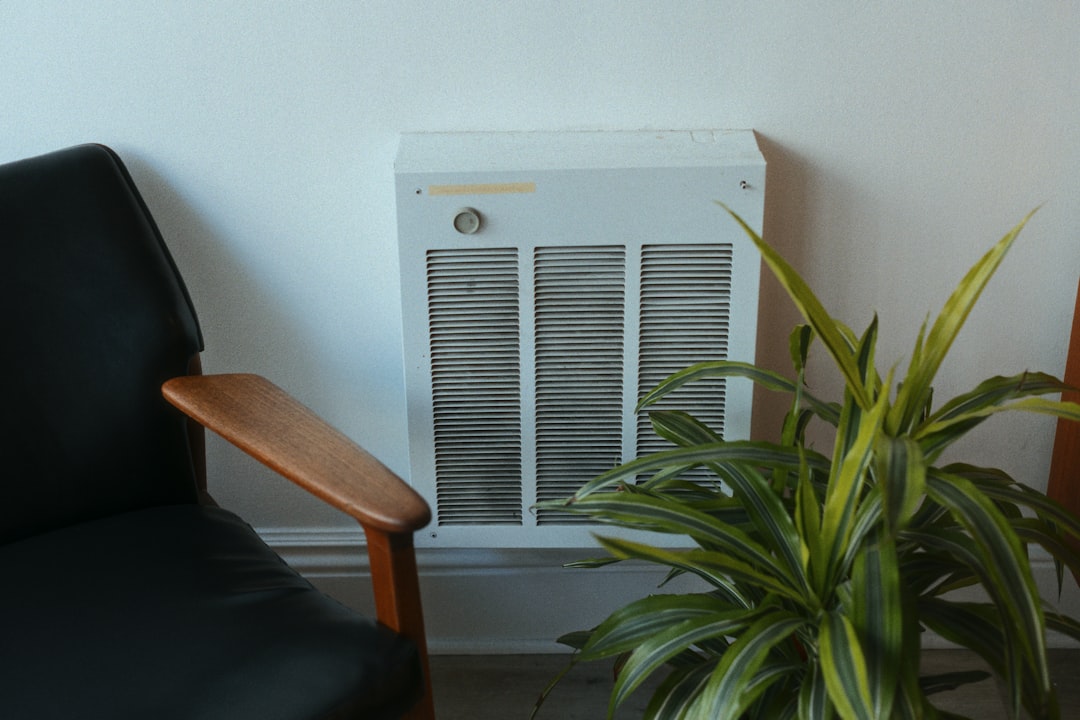
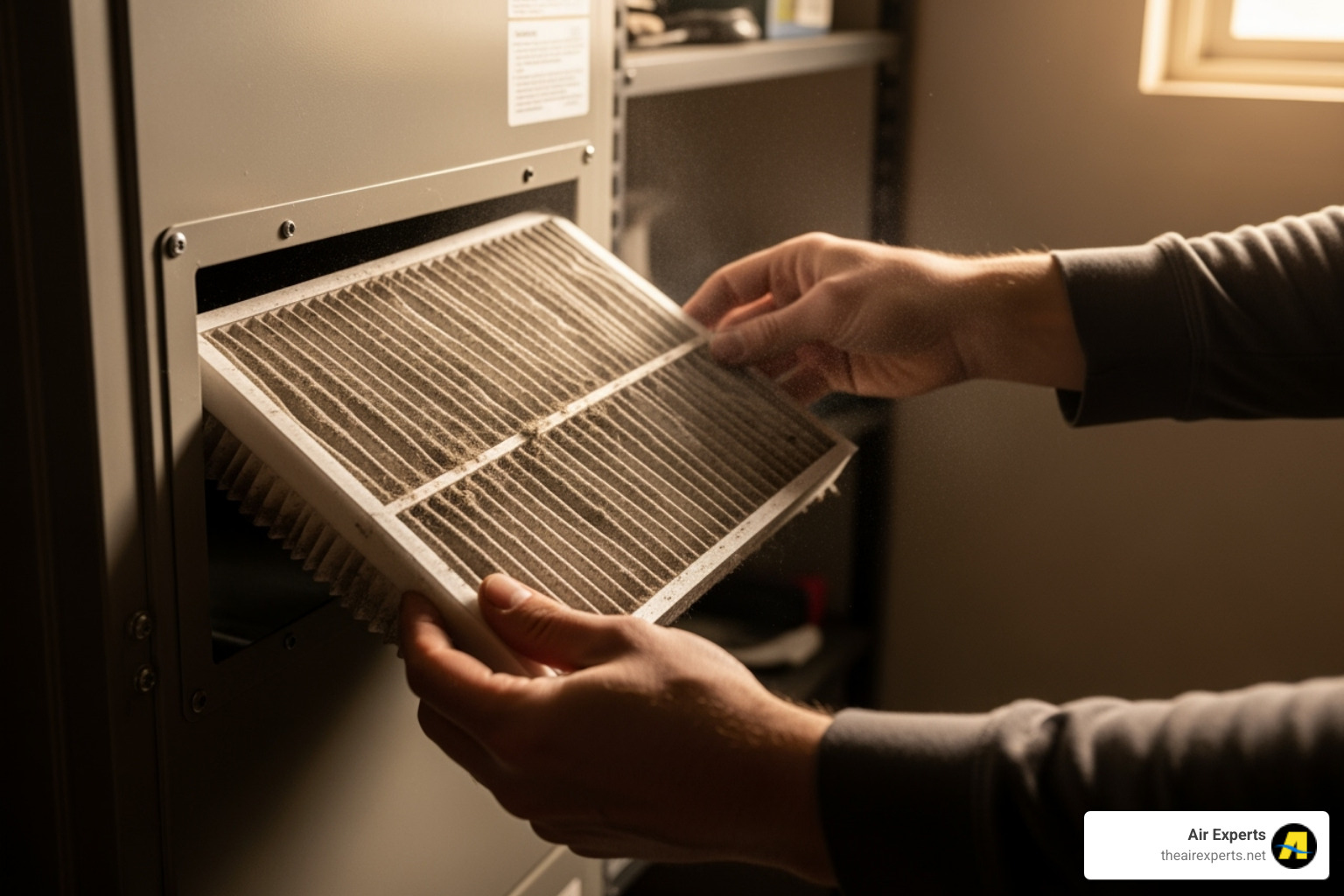
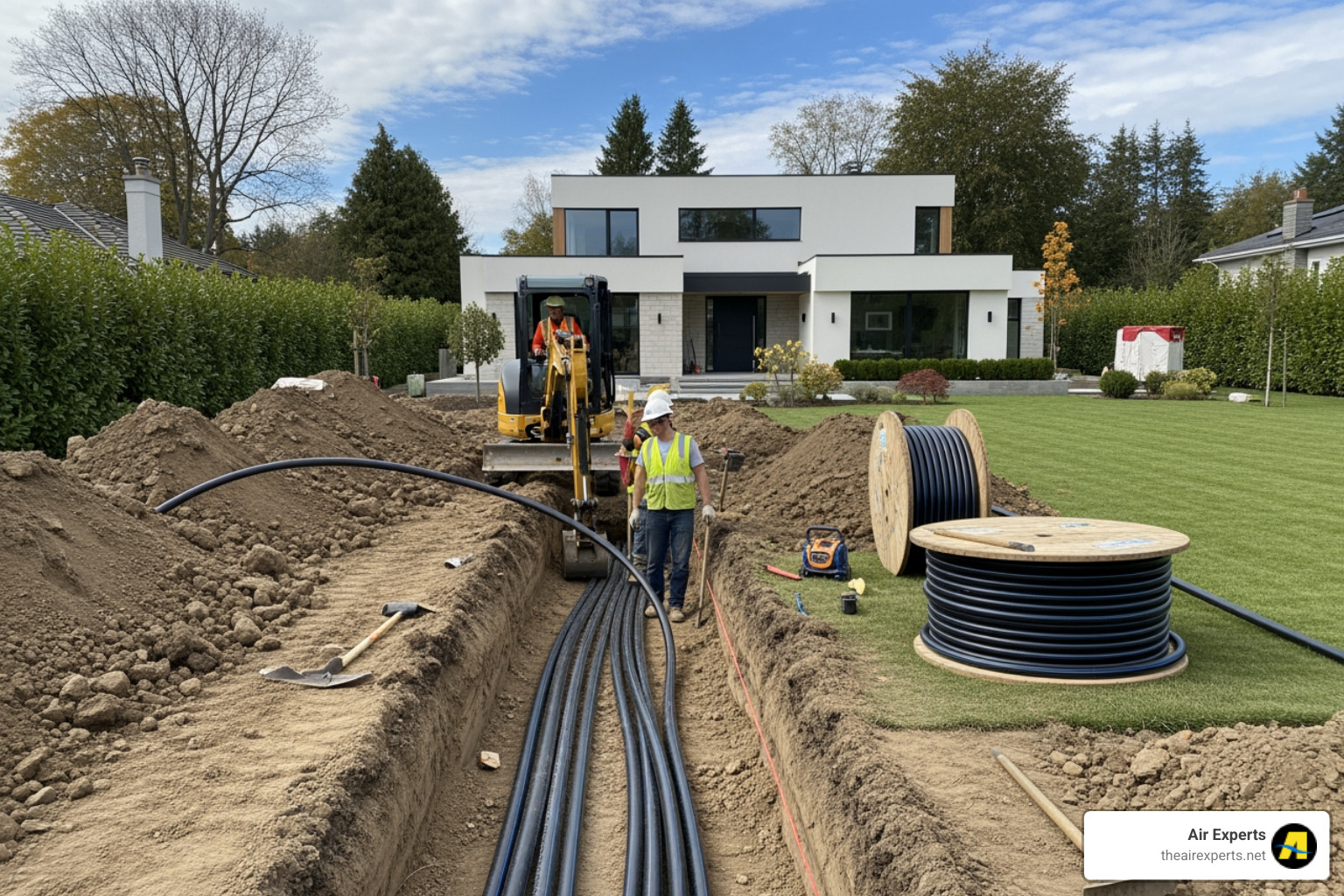

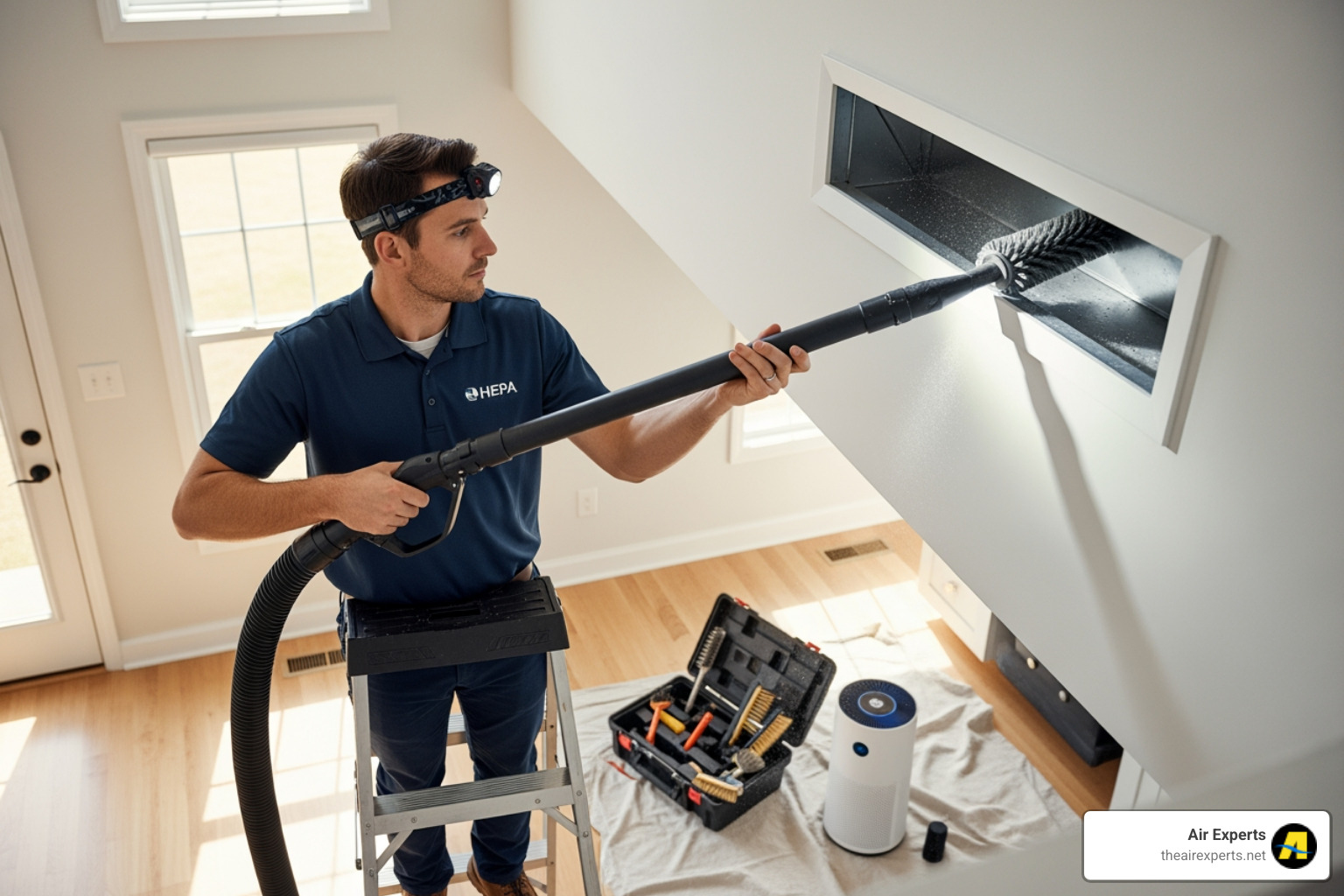
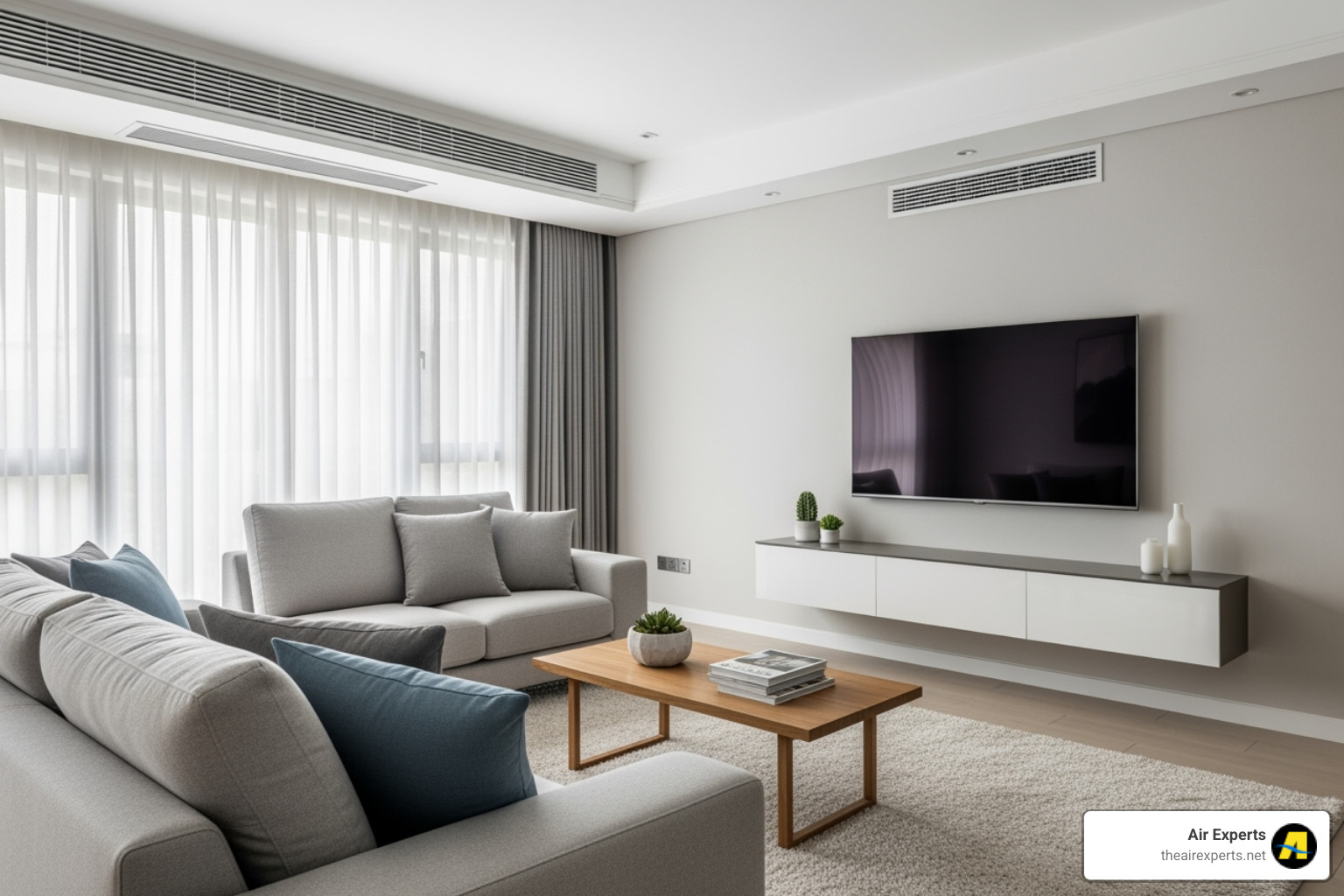

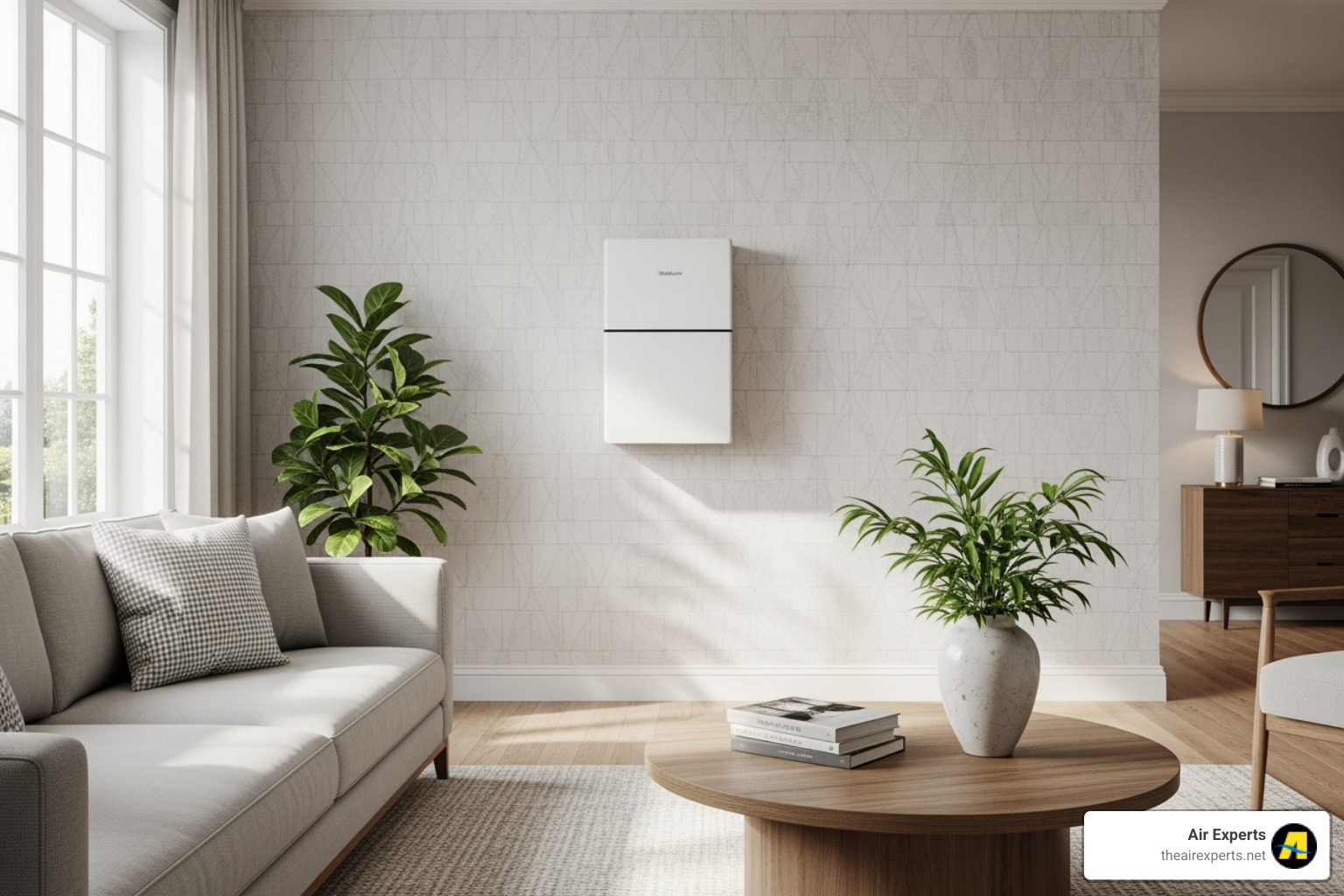

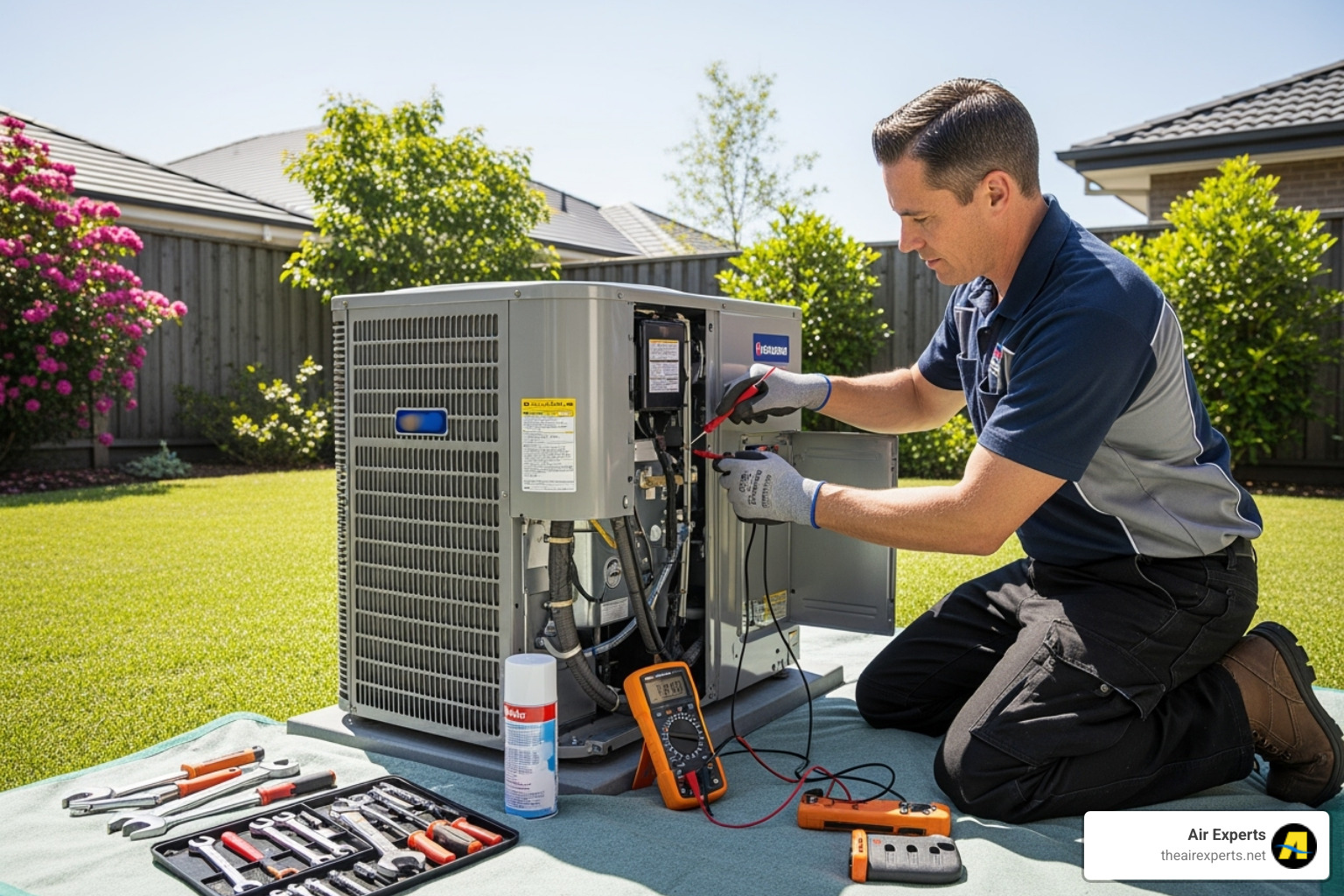
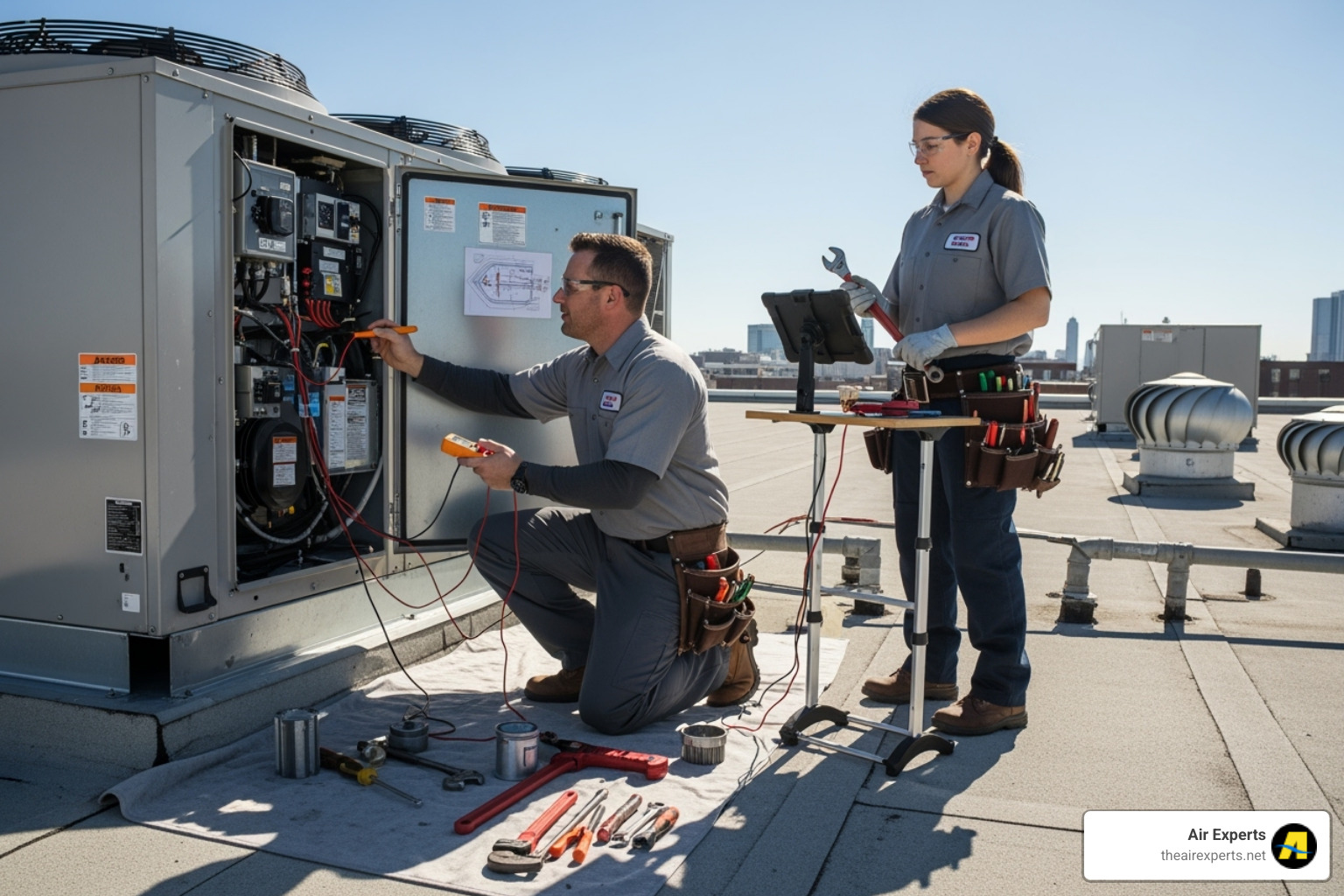
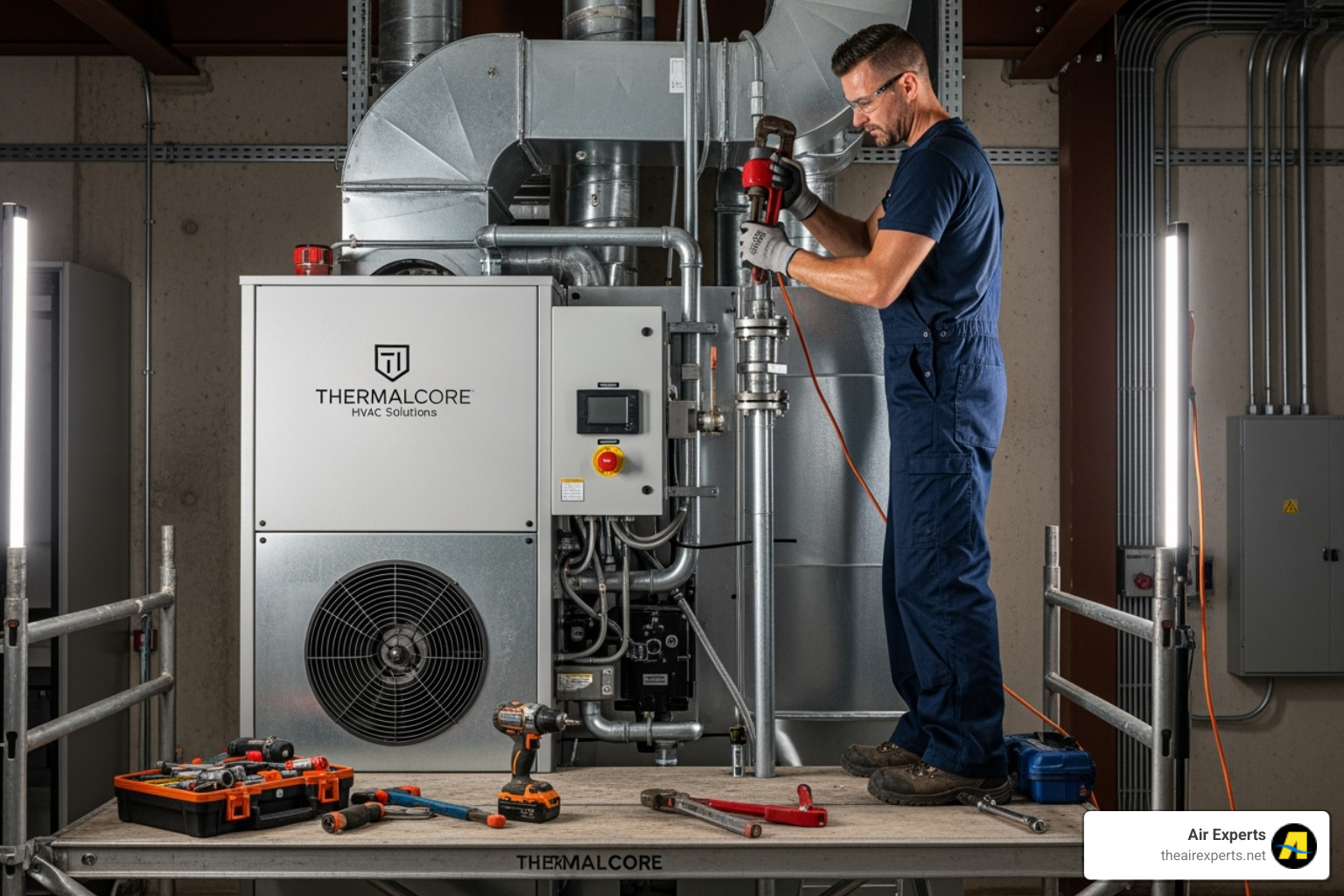
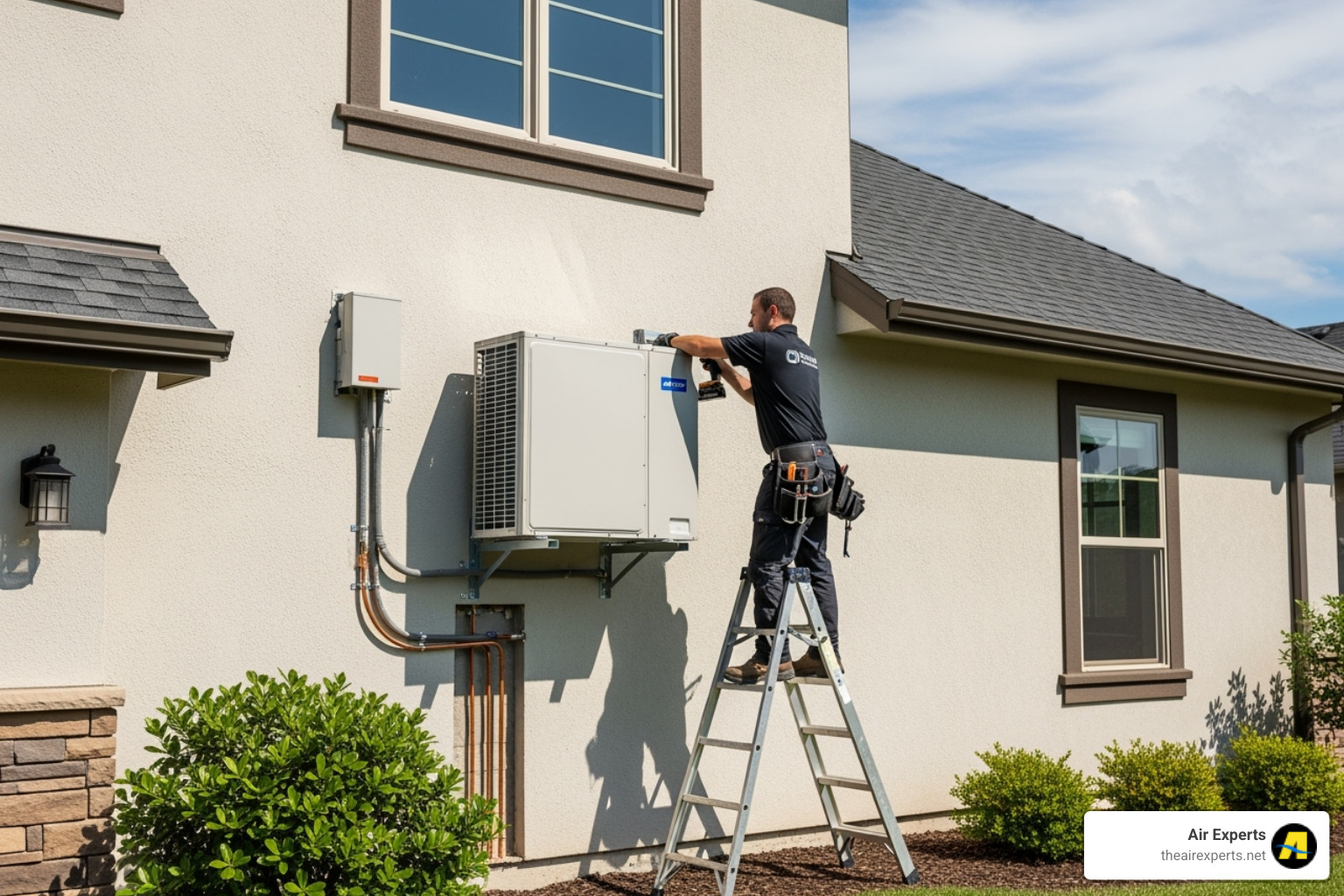

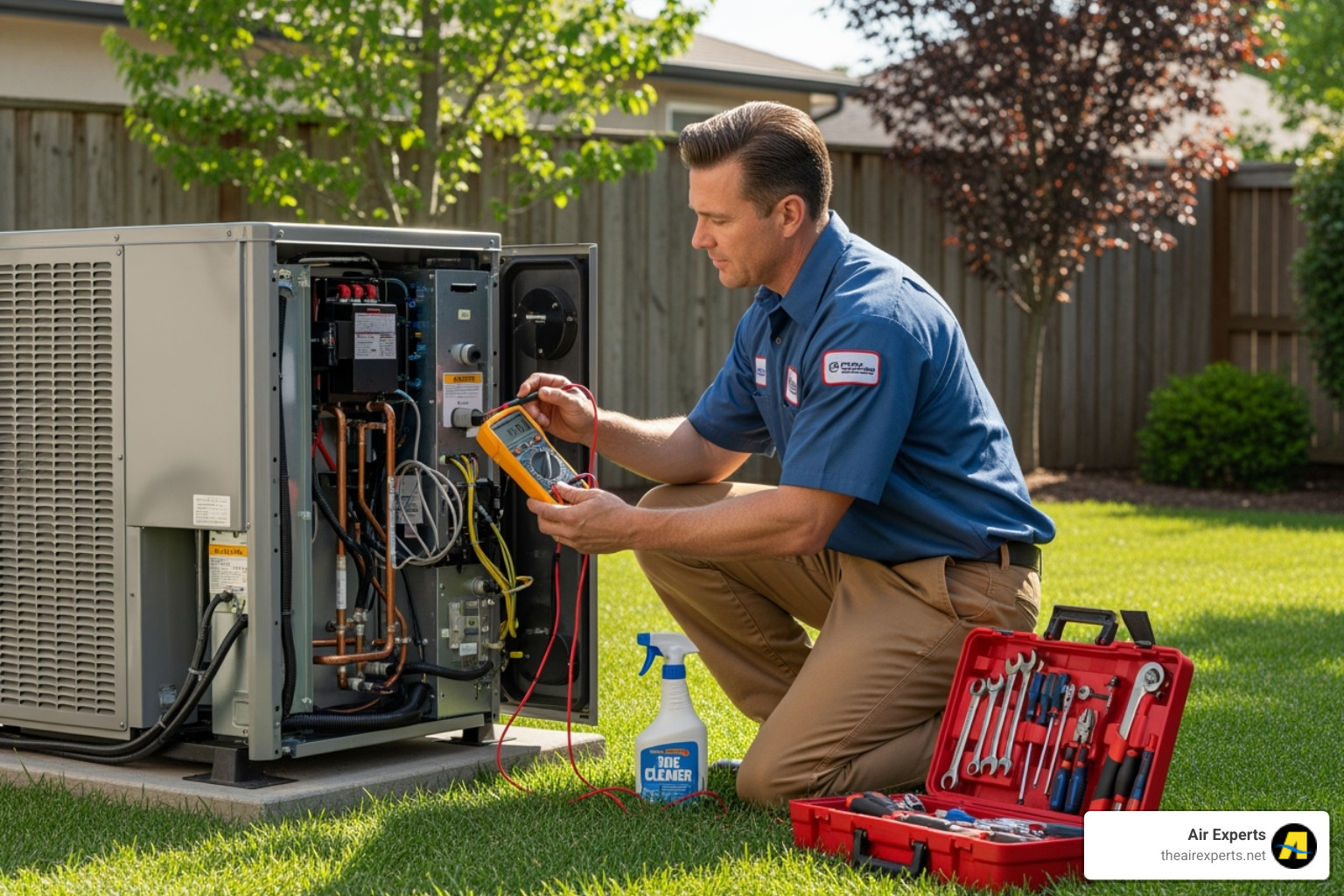
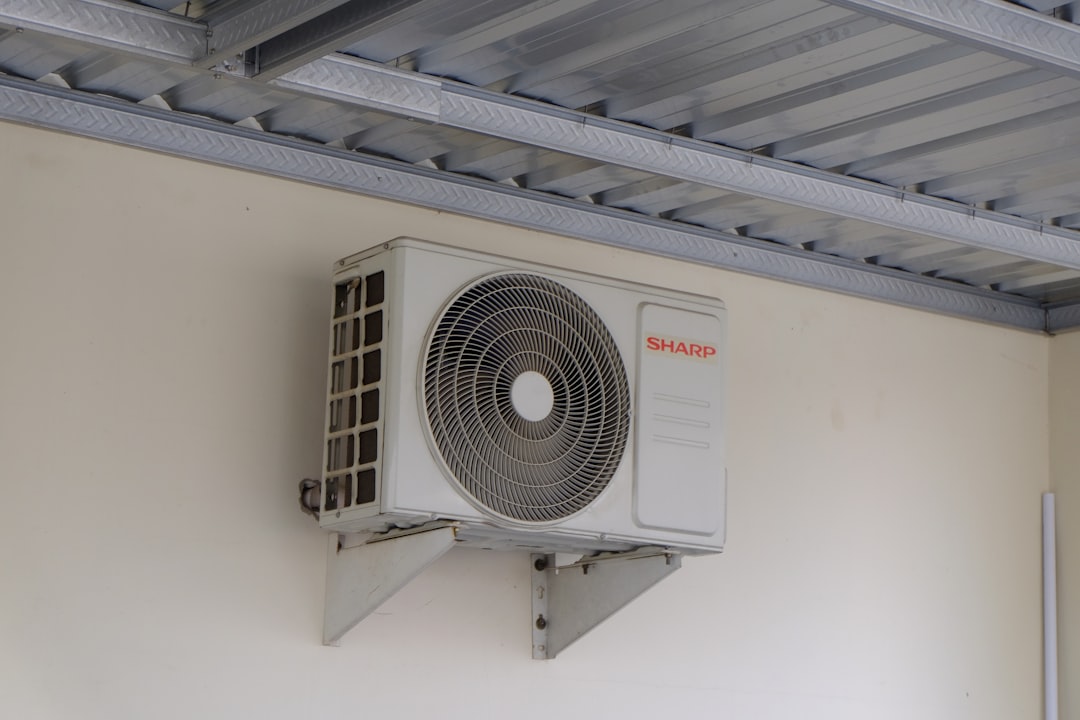
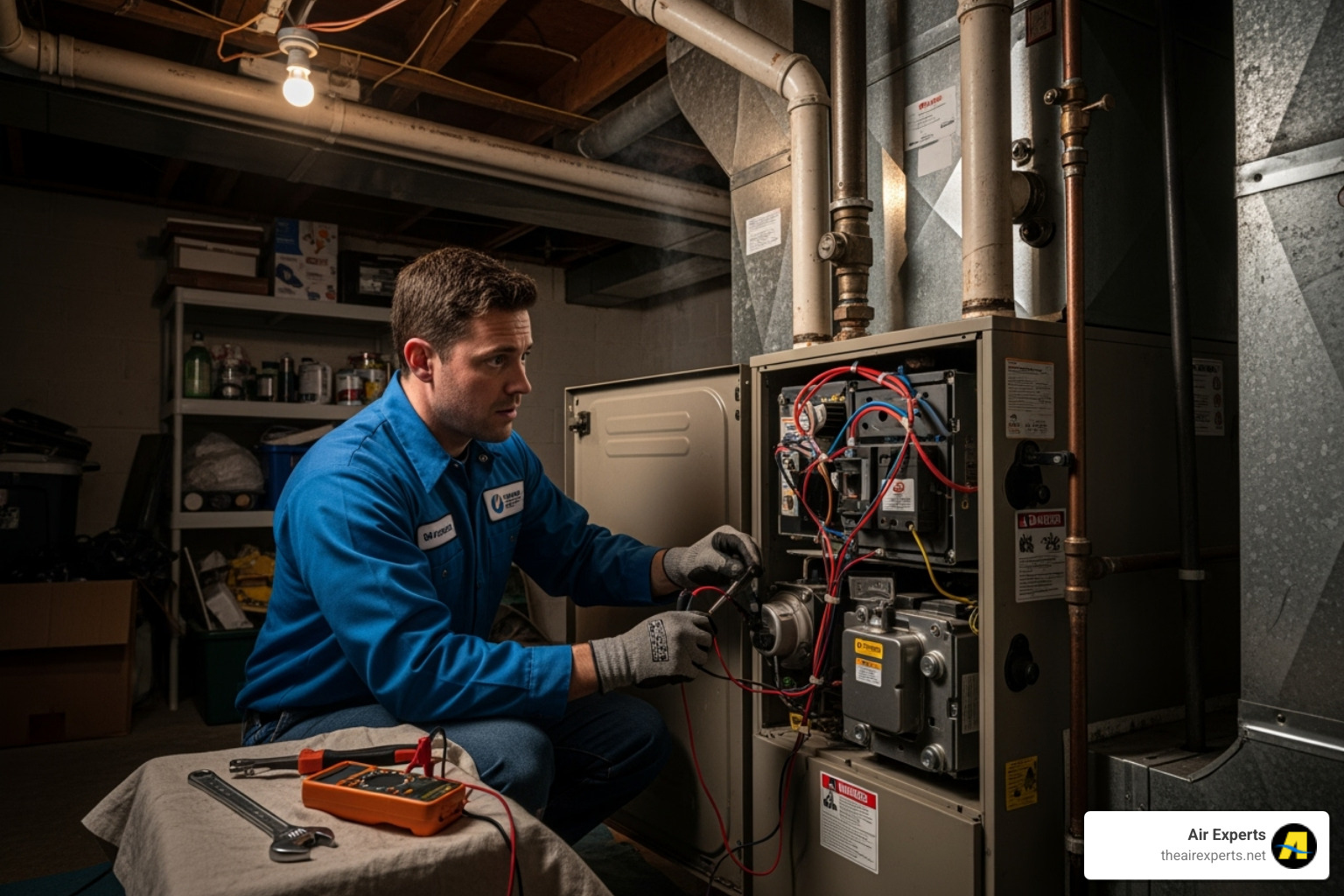

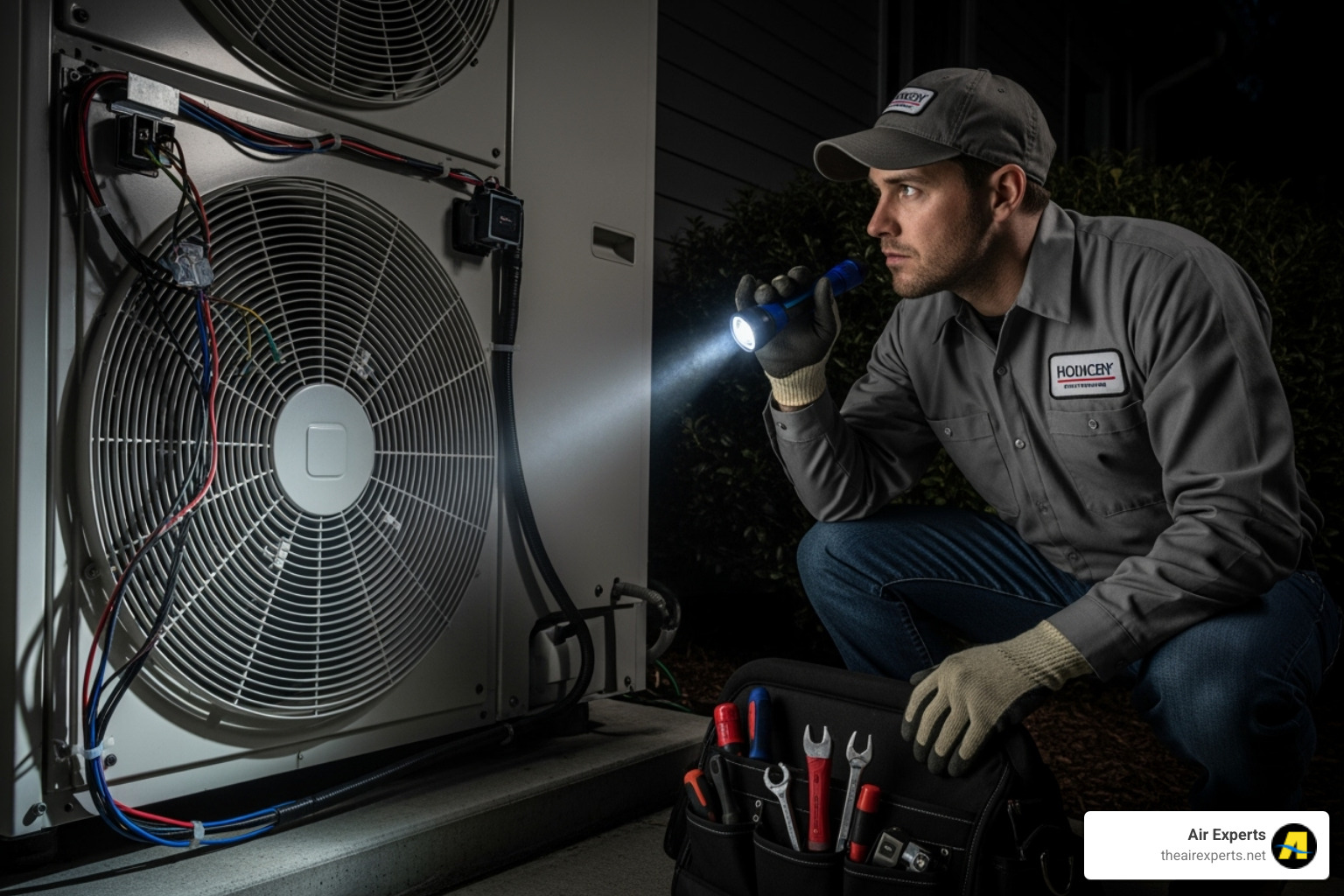
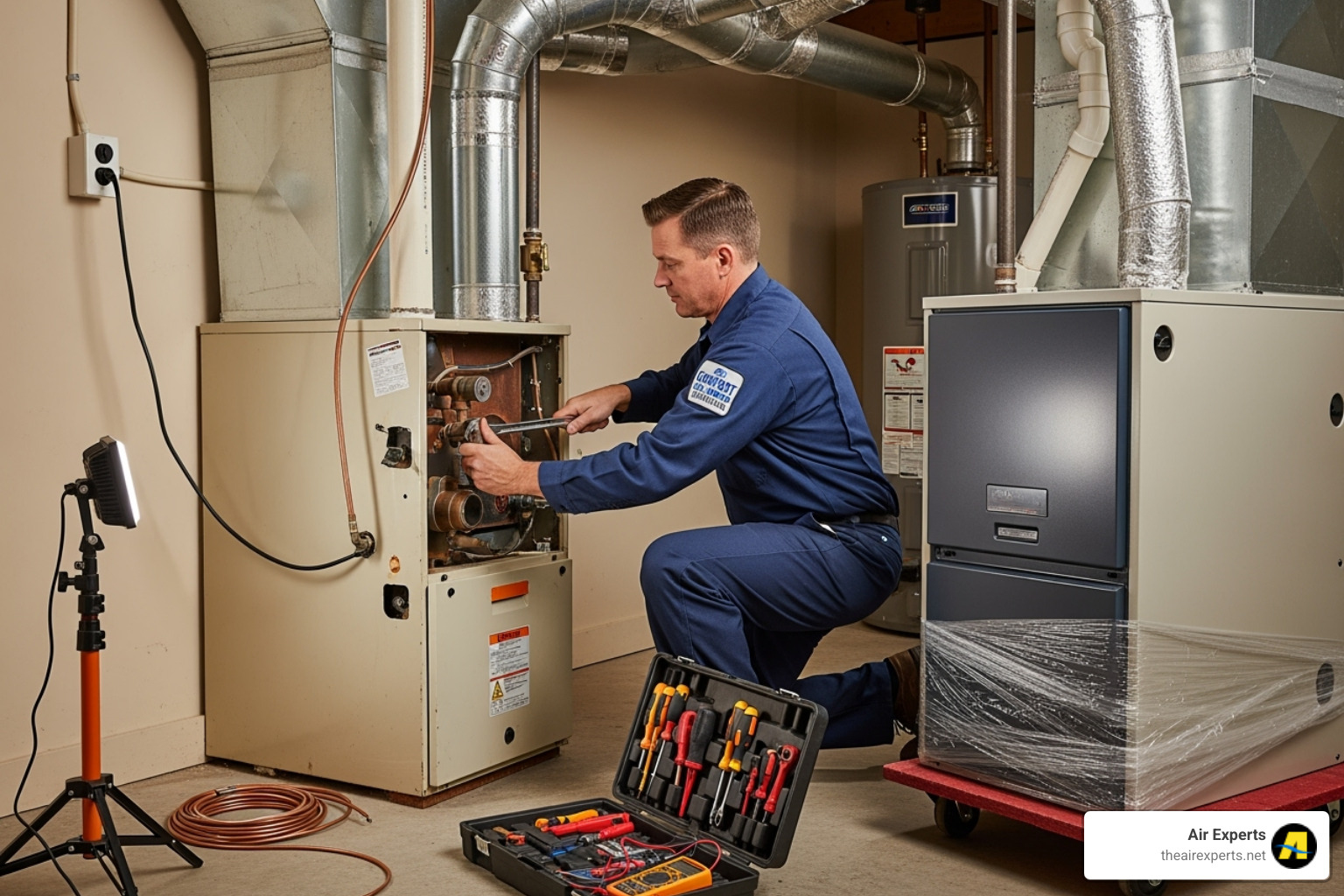
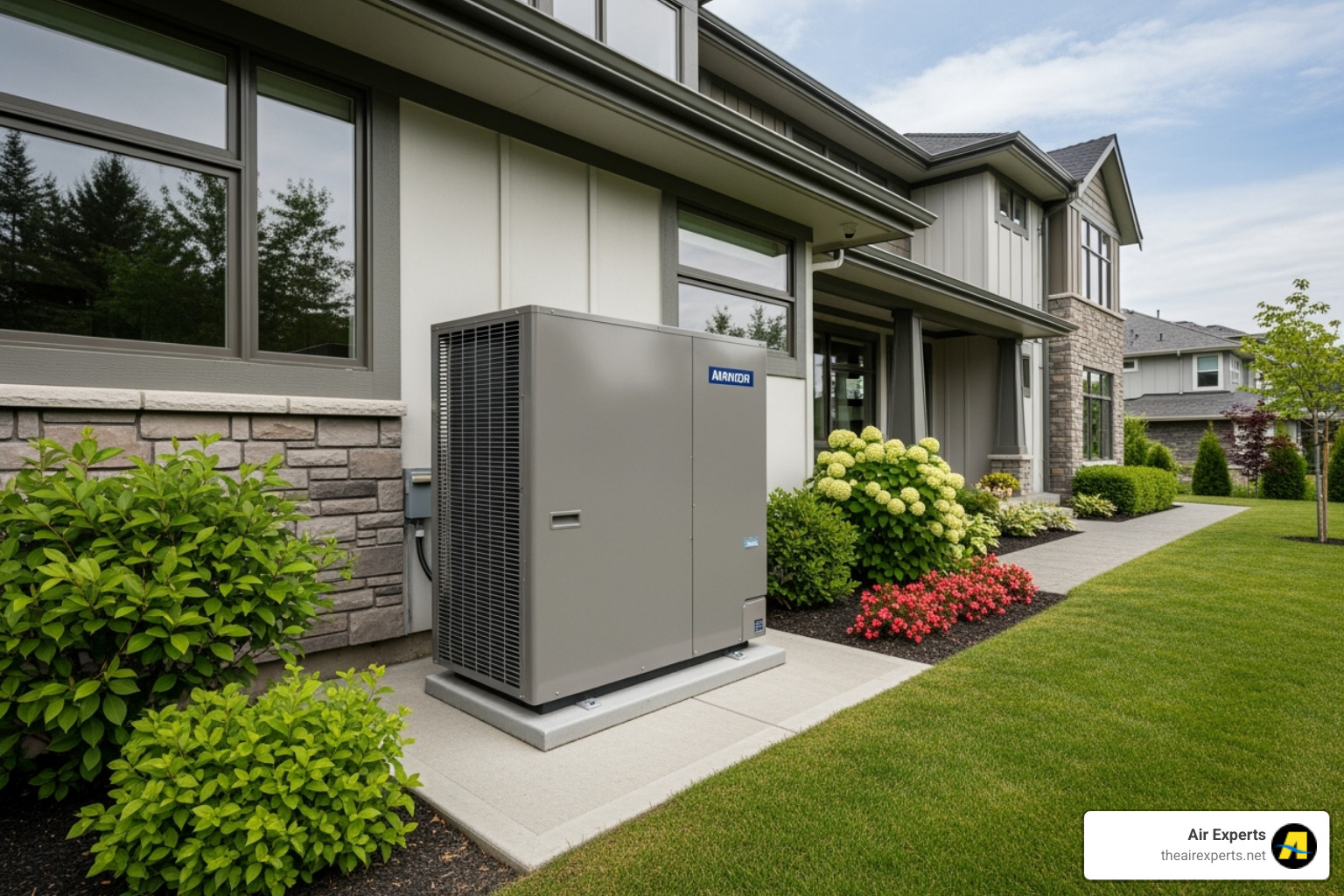
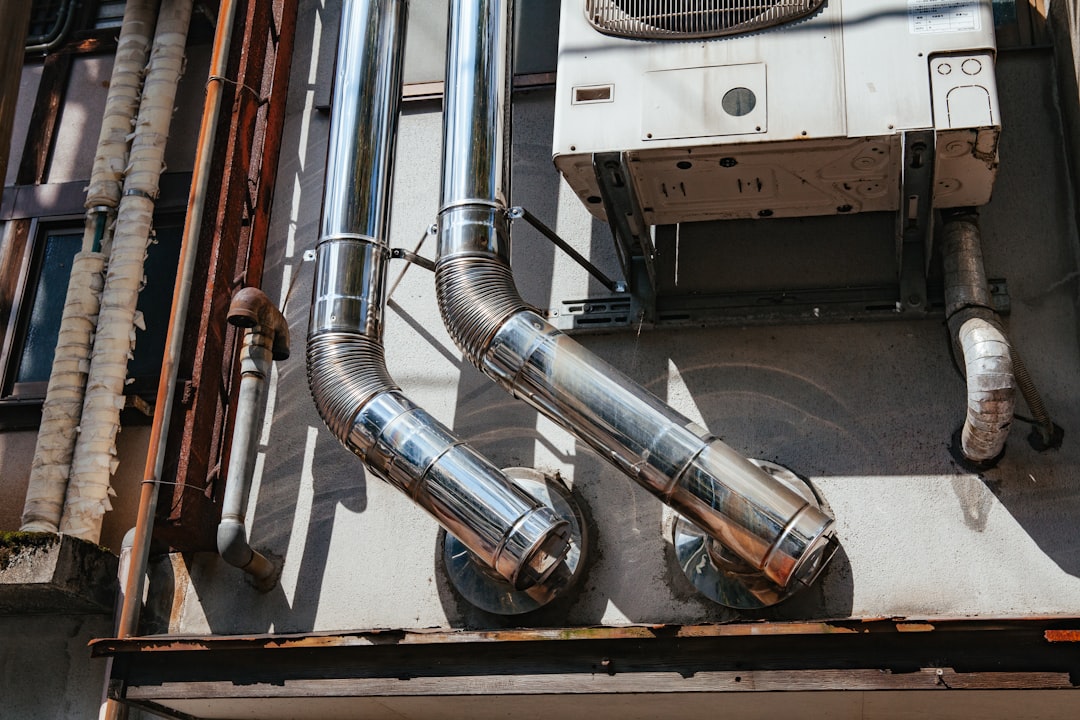
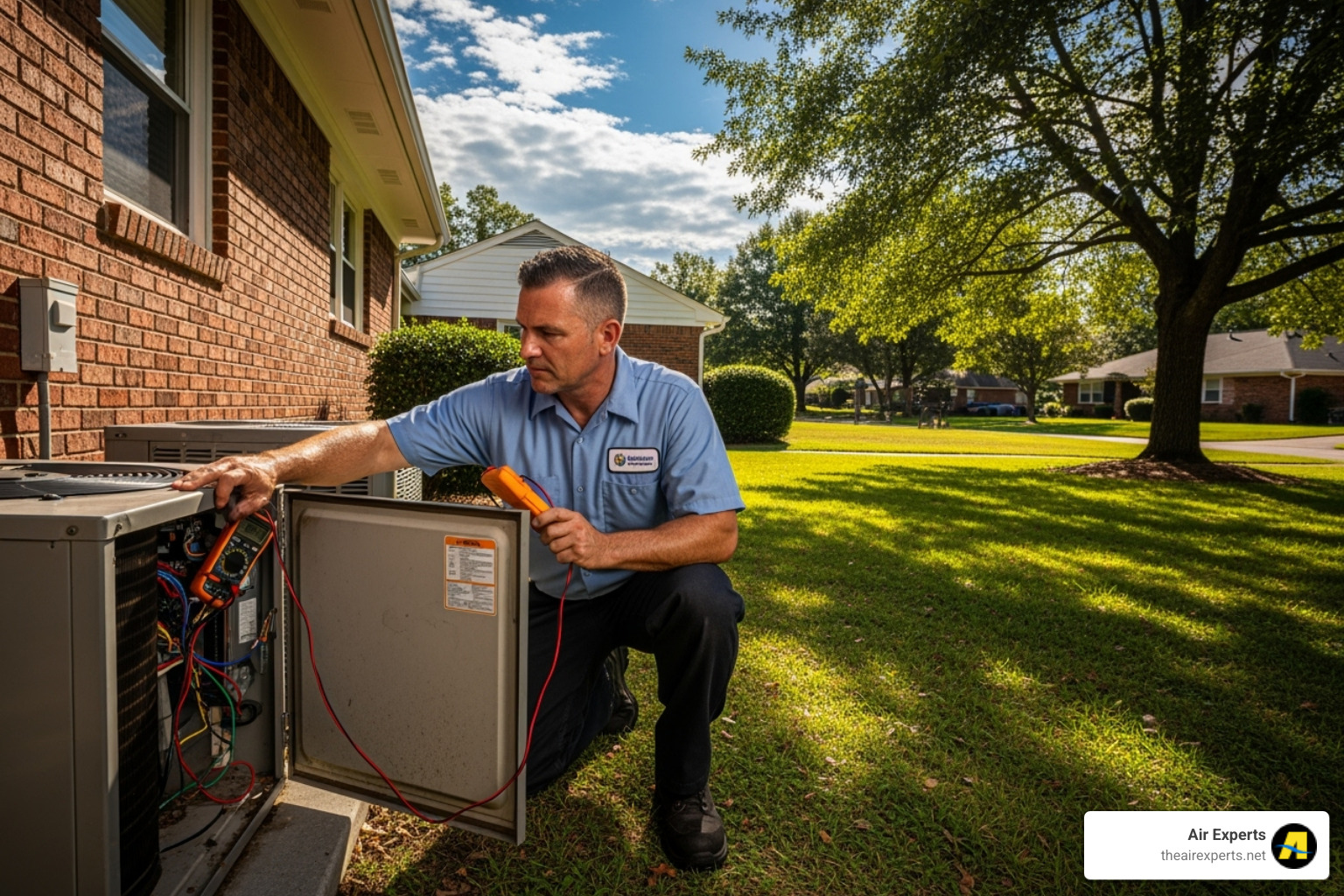
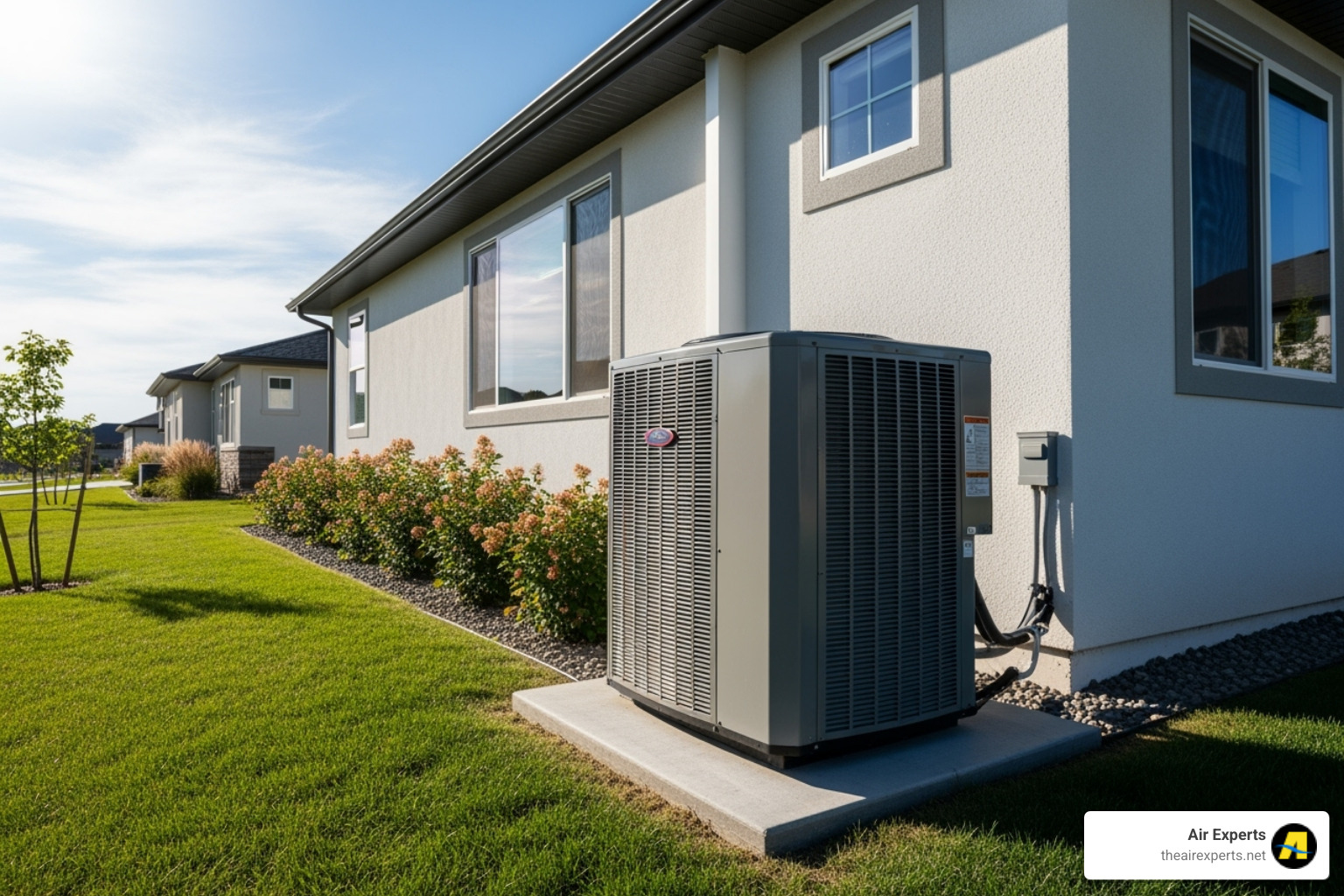
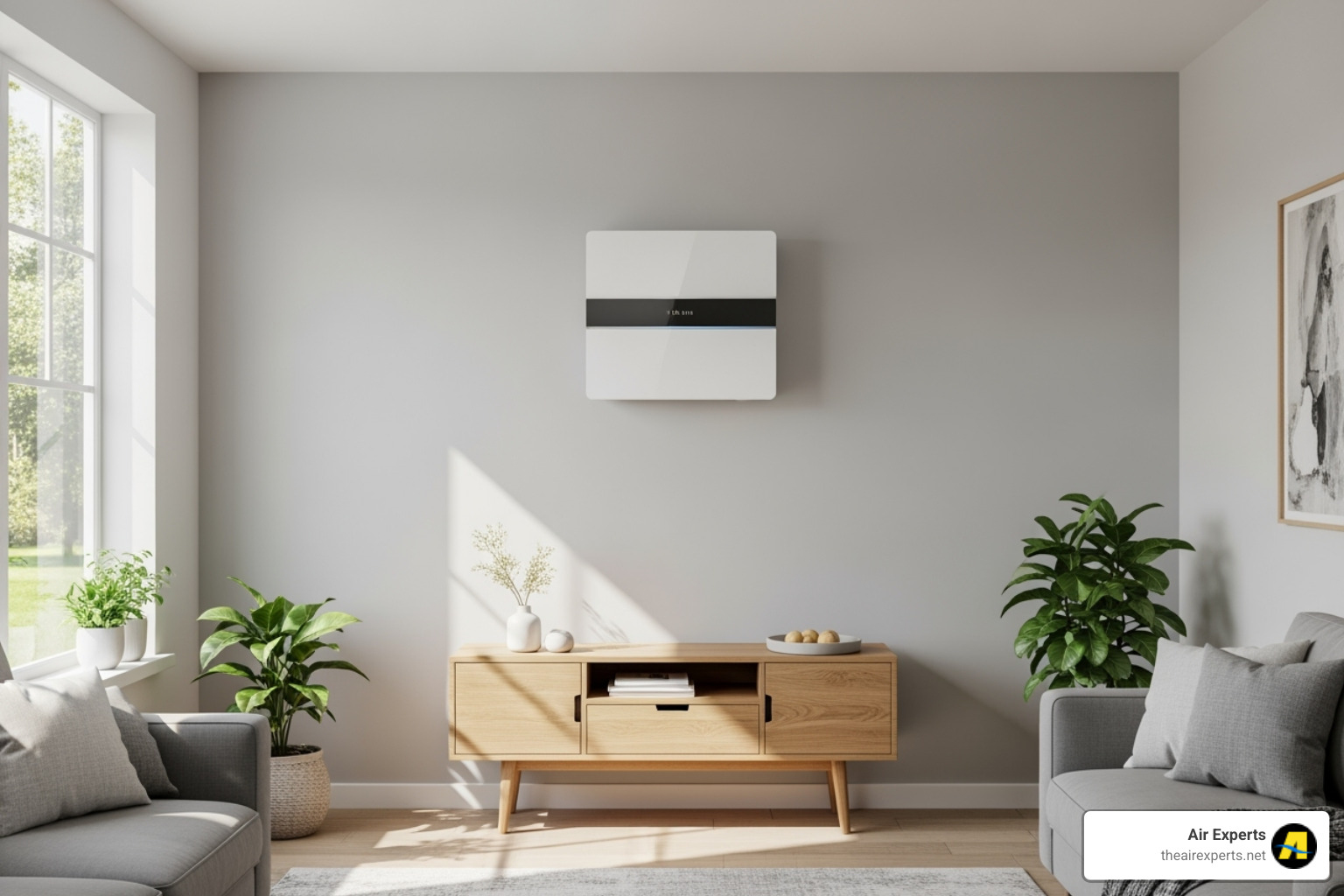
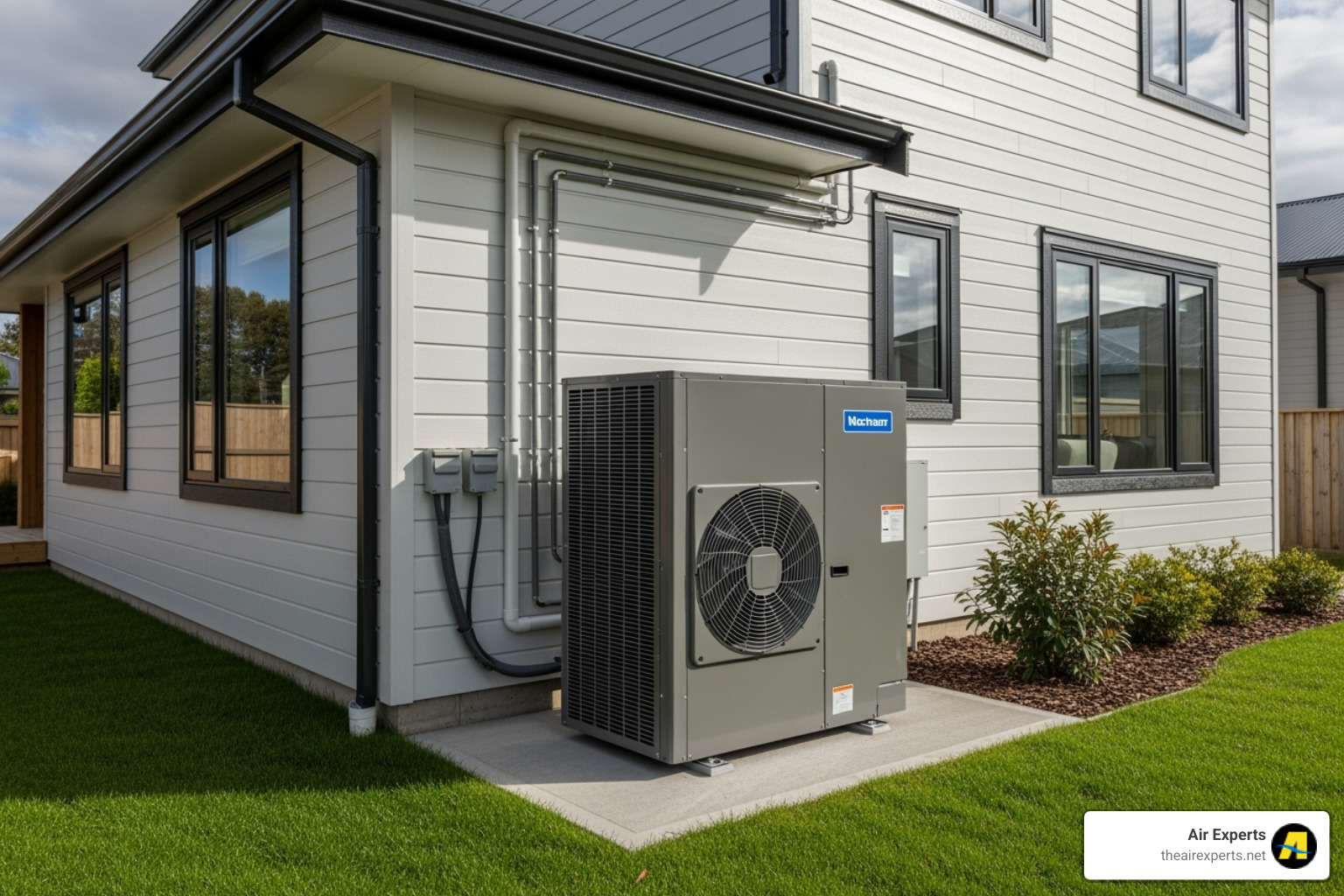
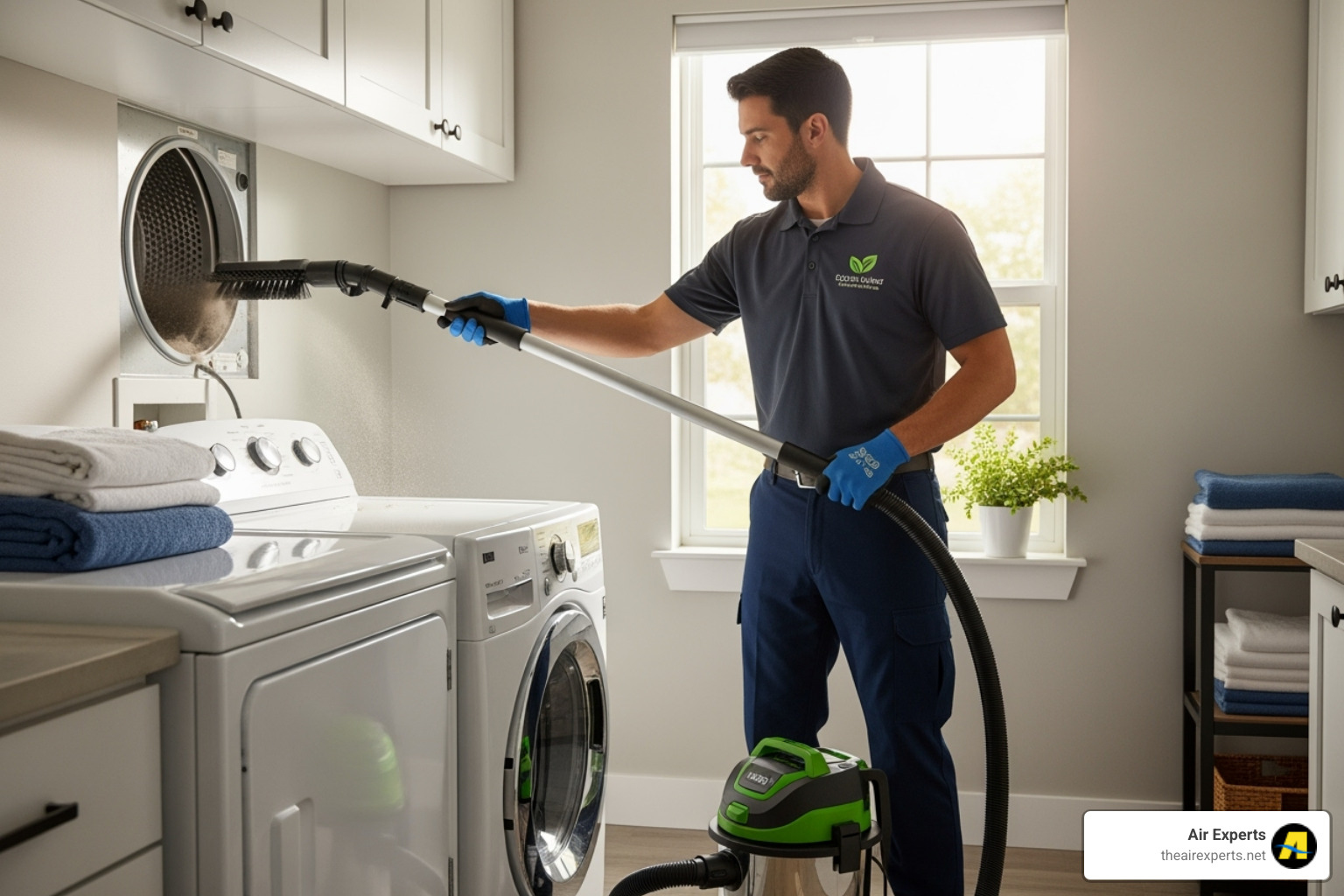

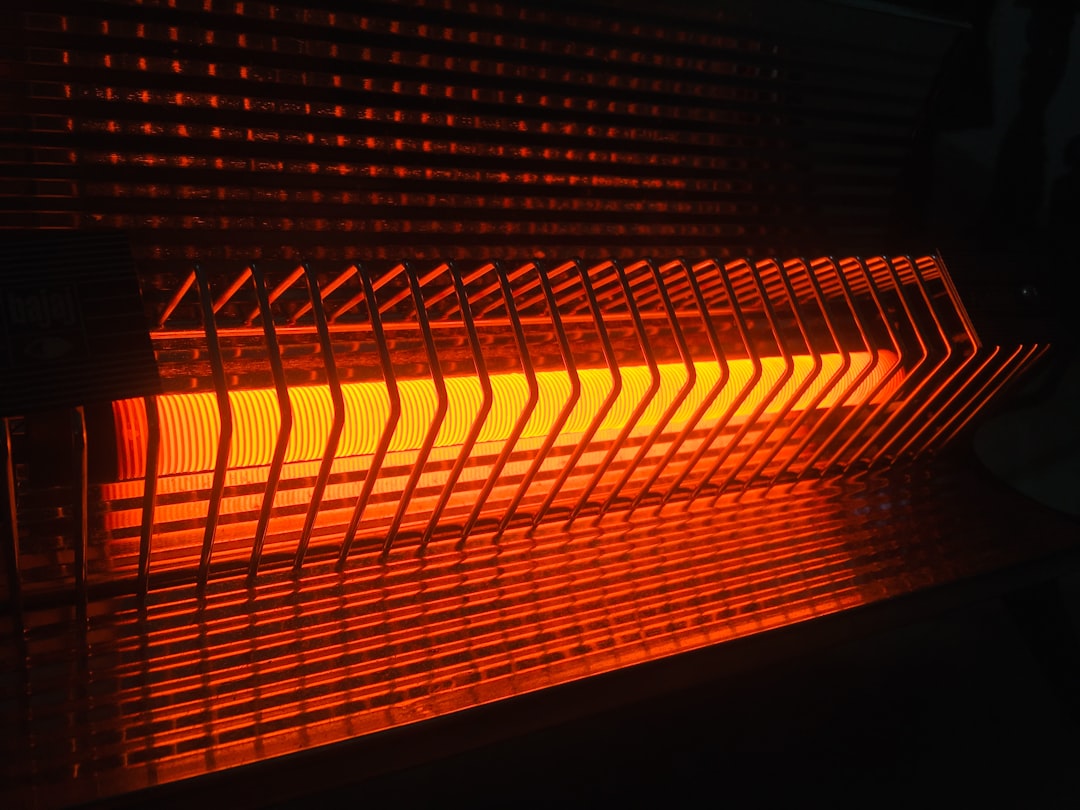
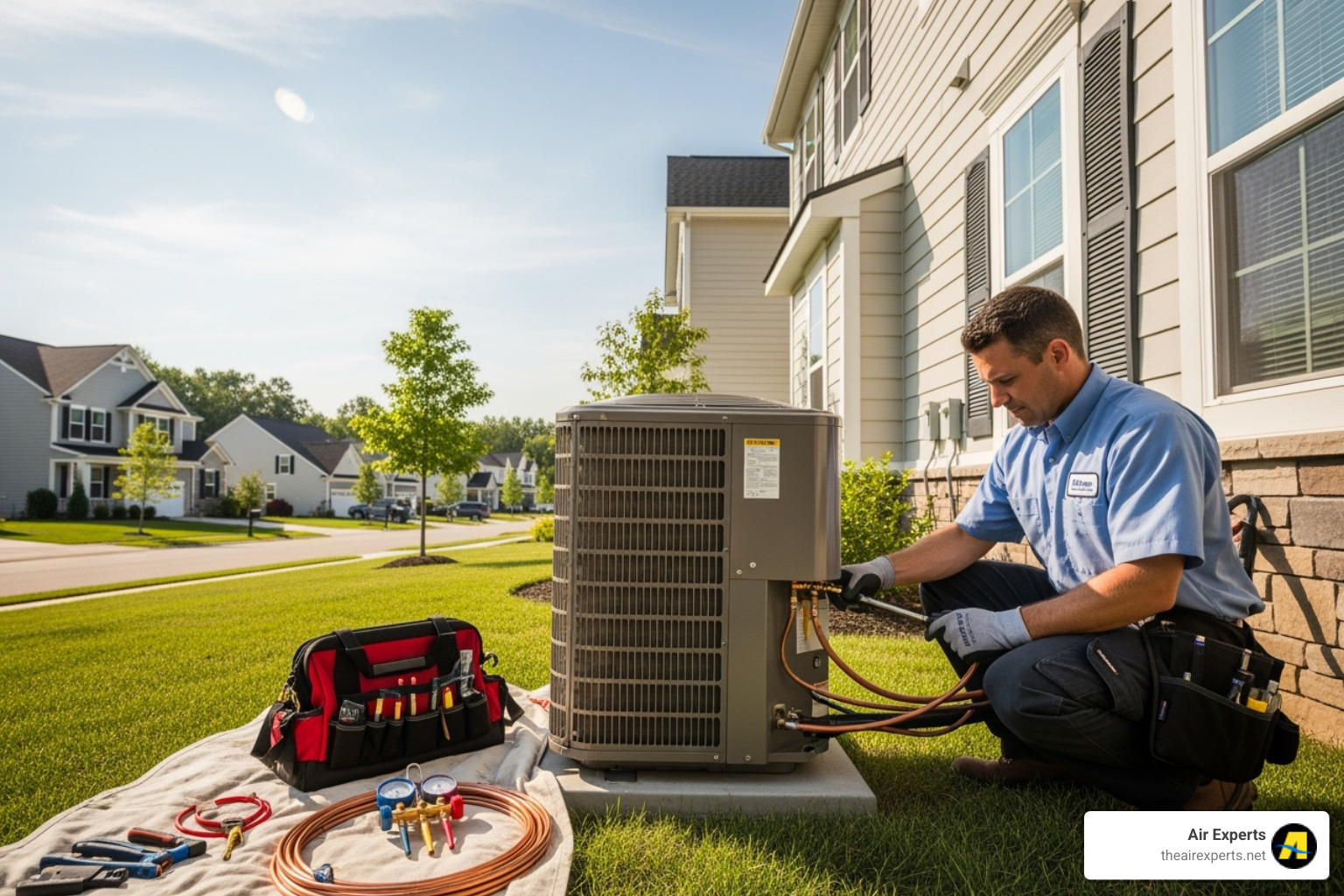
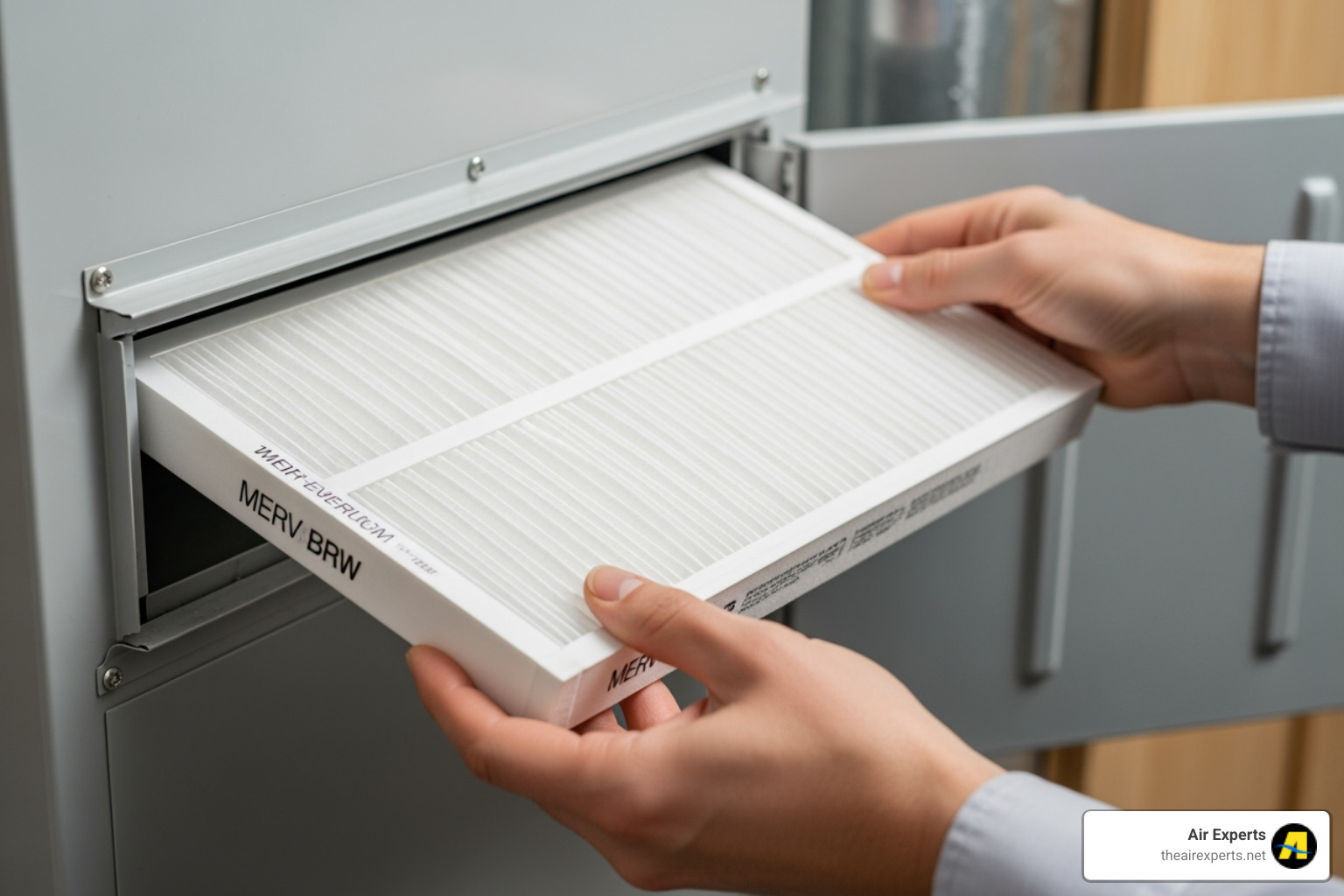
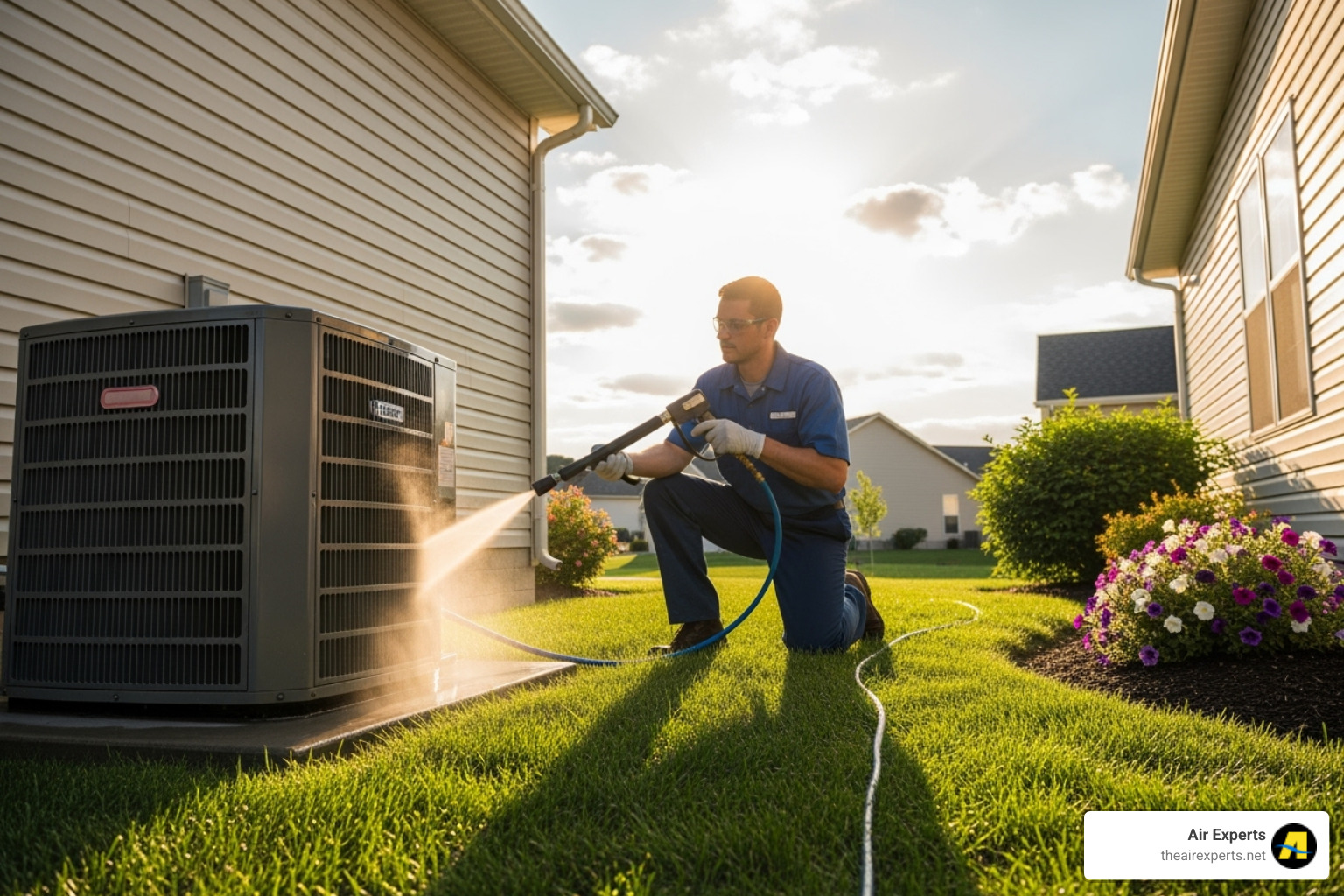
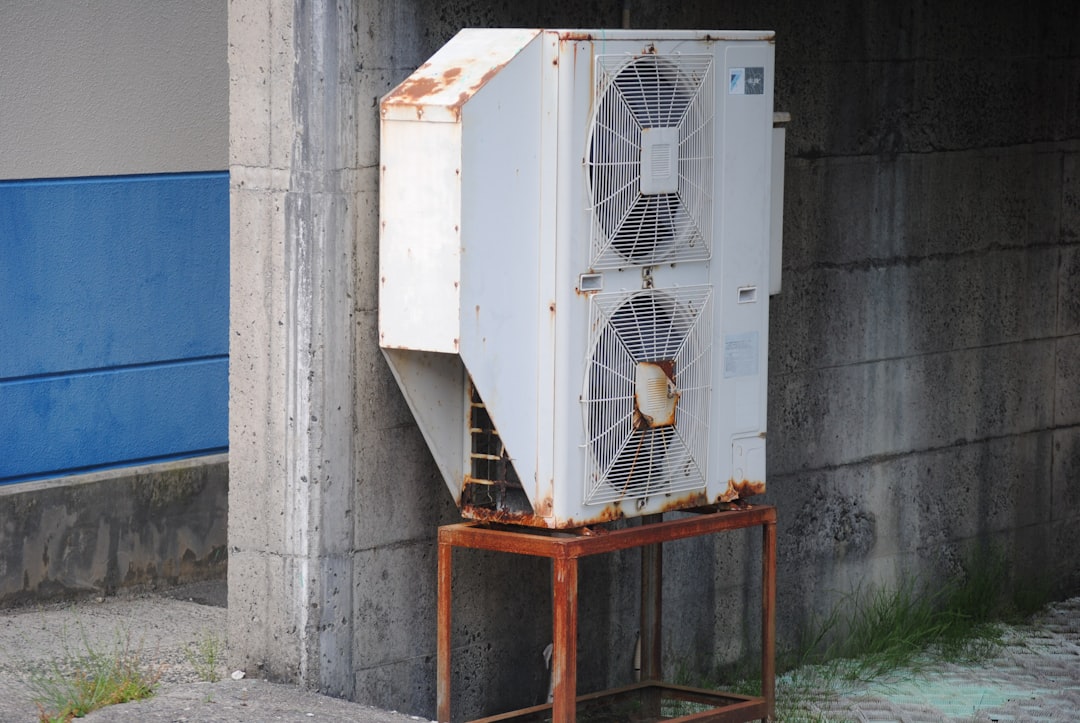
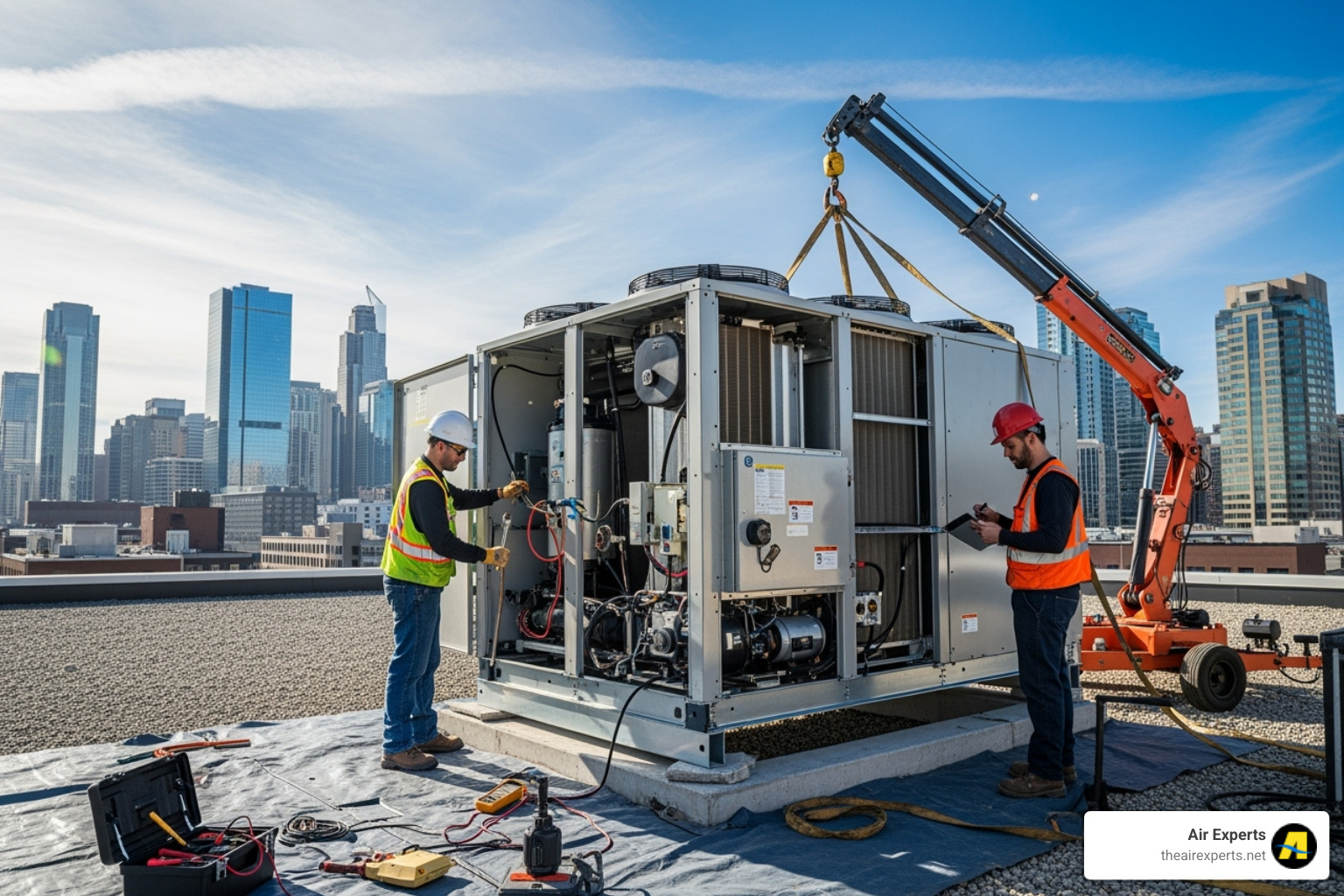
.svg)
.svg)




.svg)
.svg)
